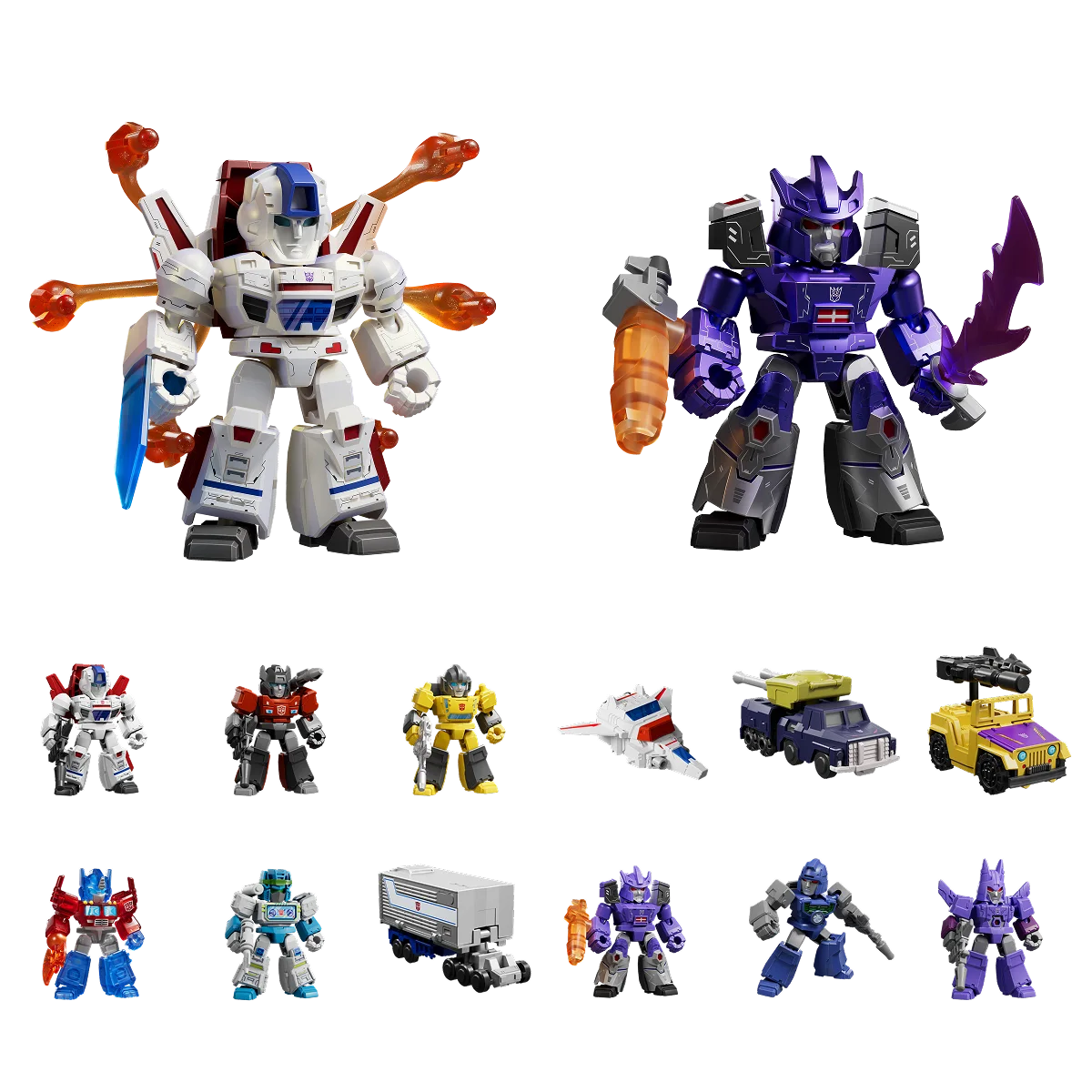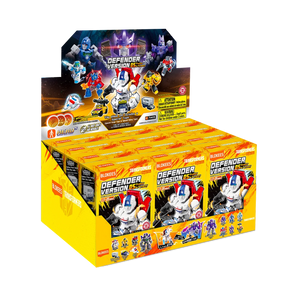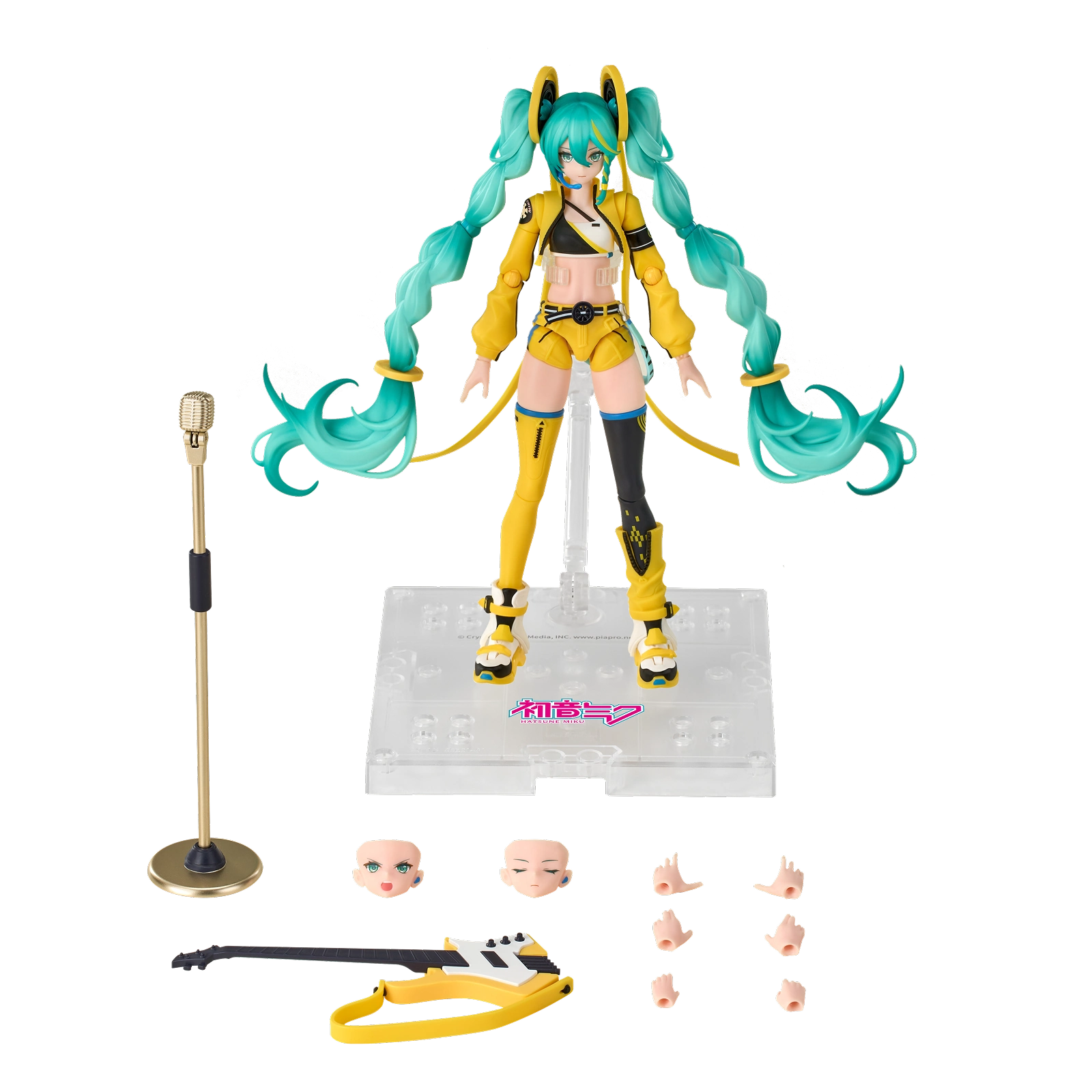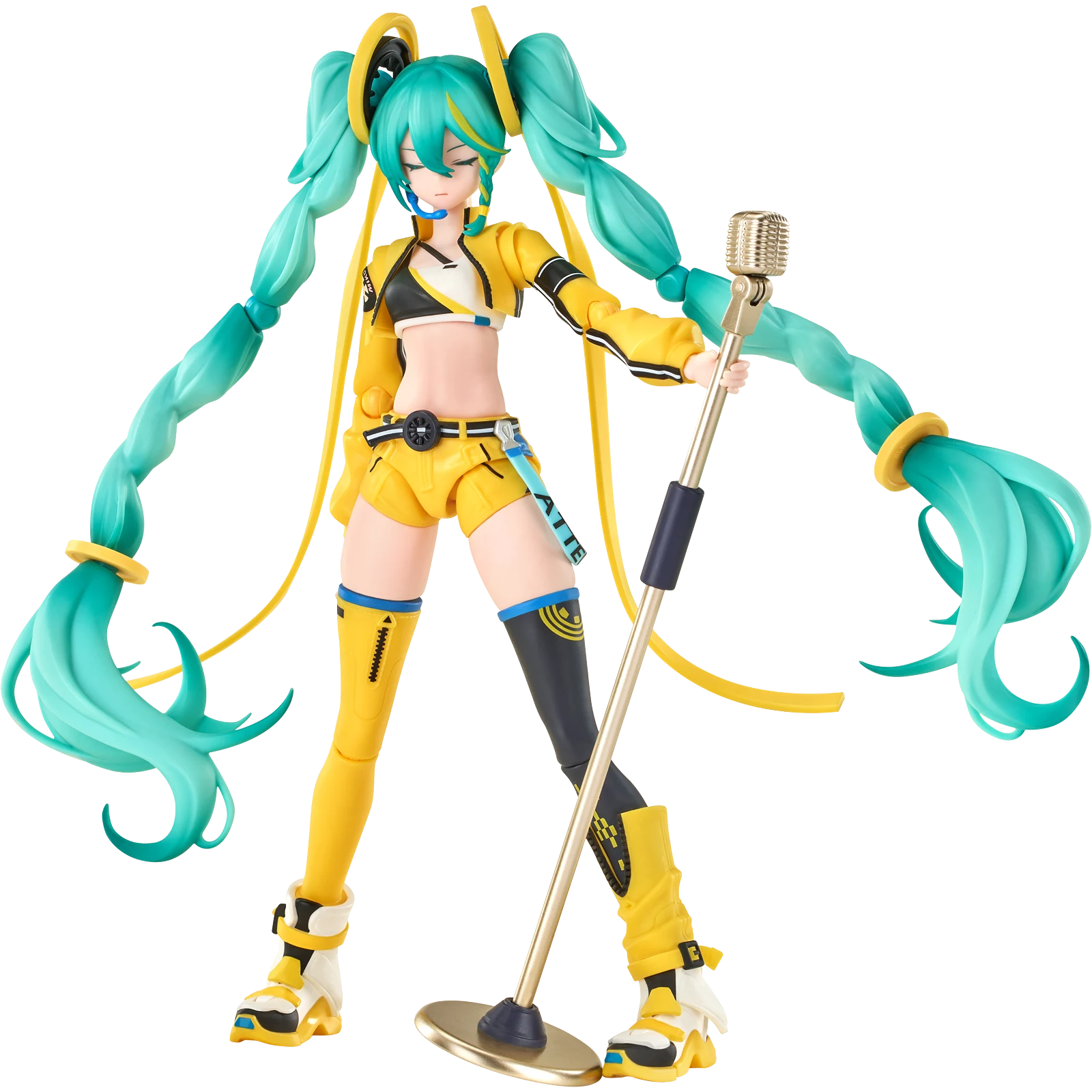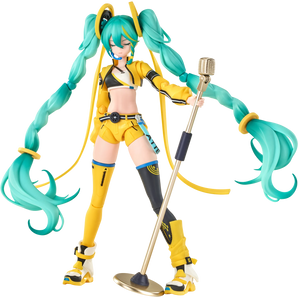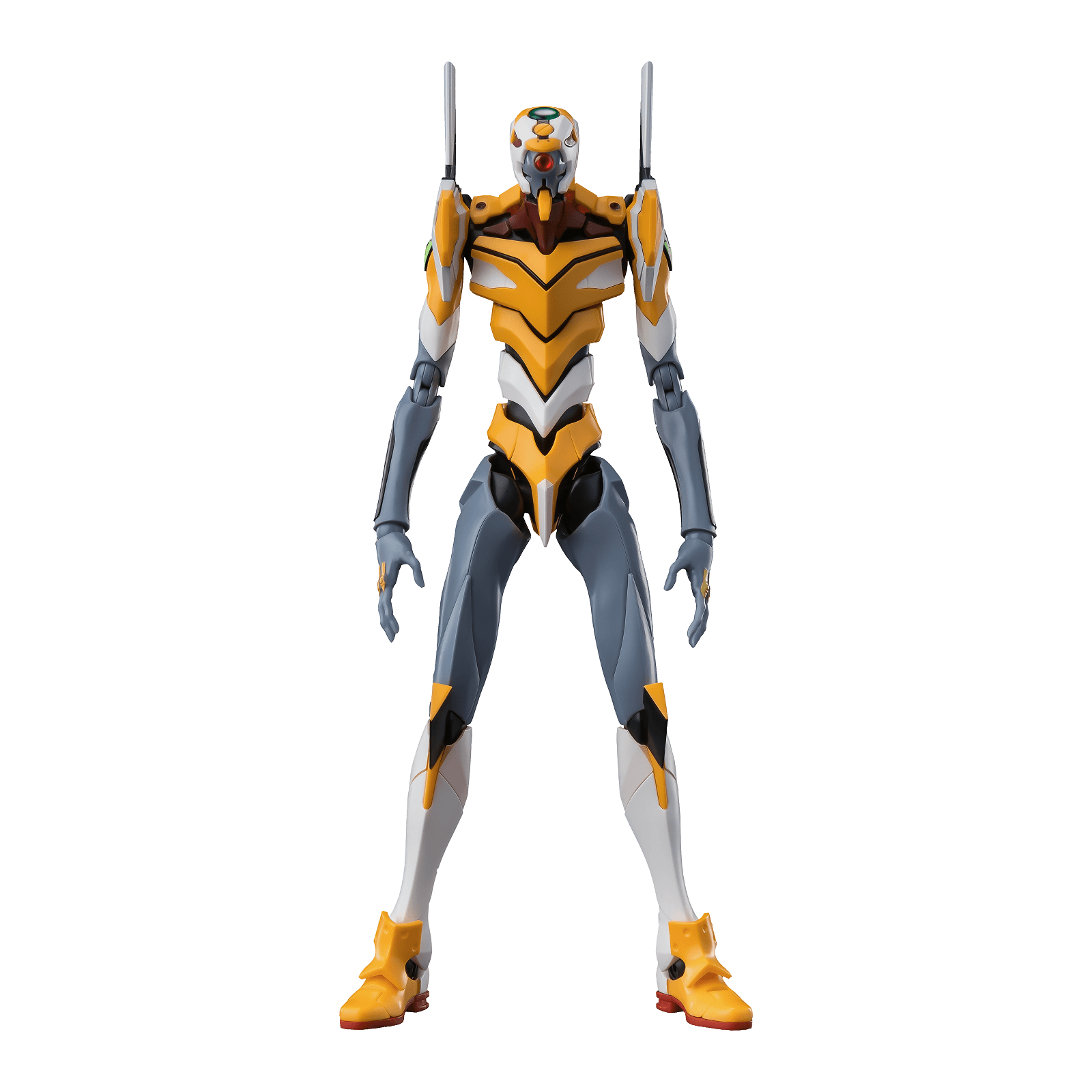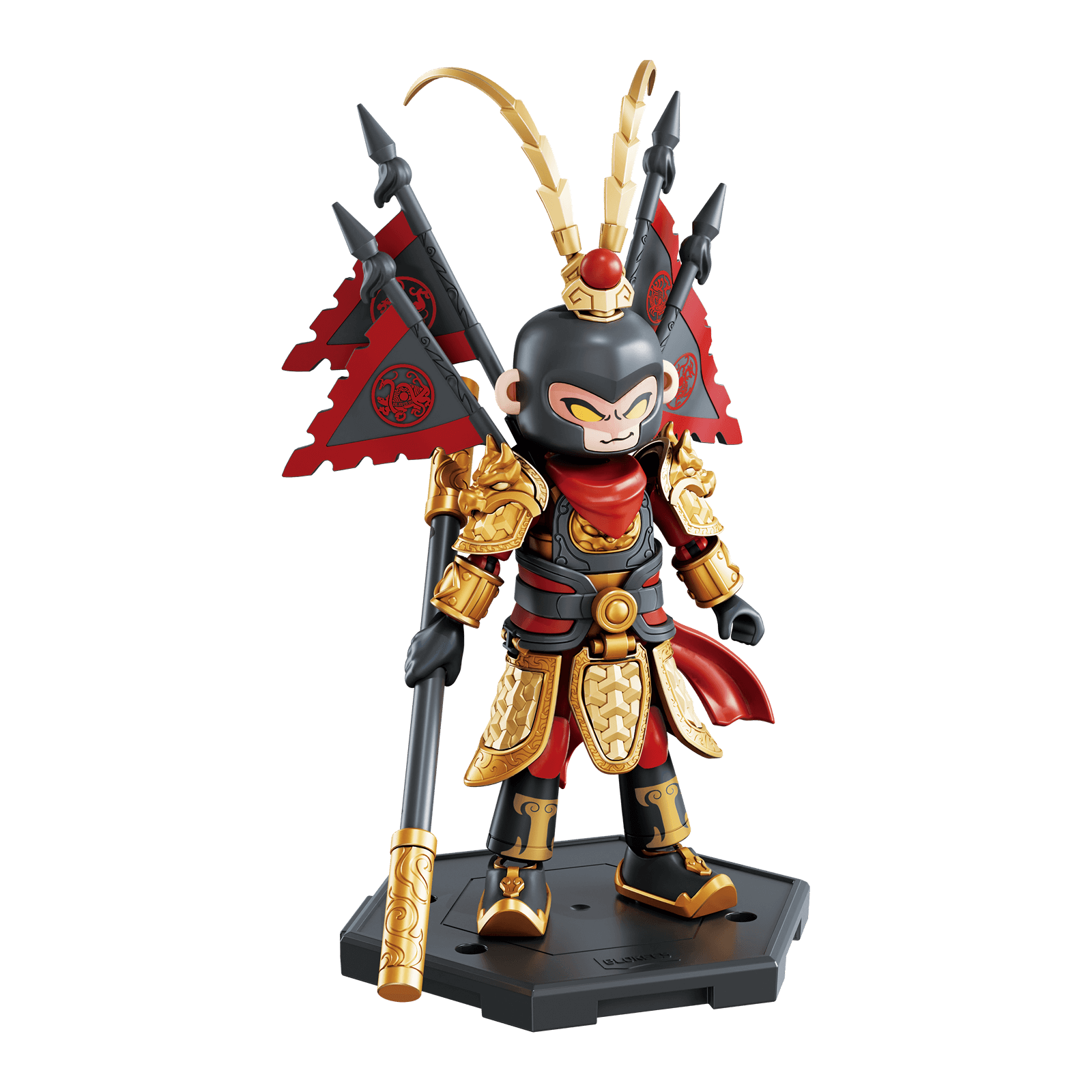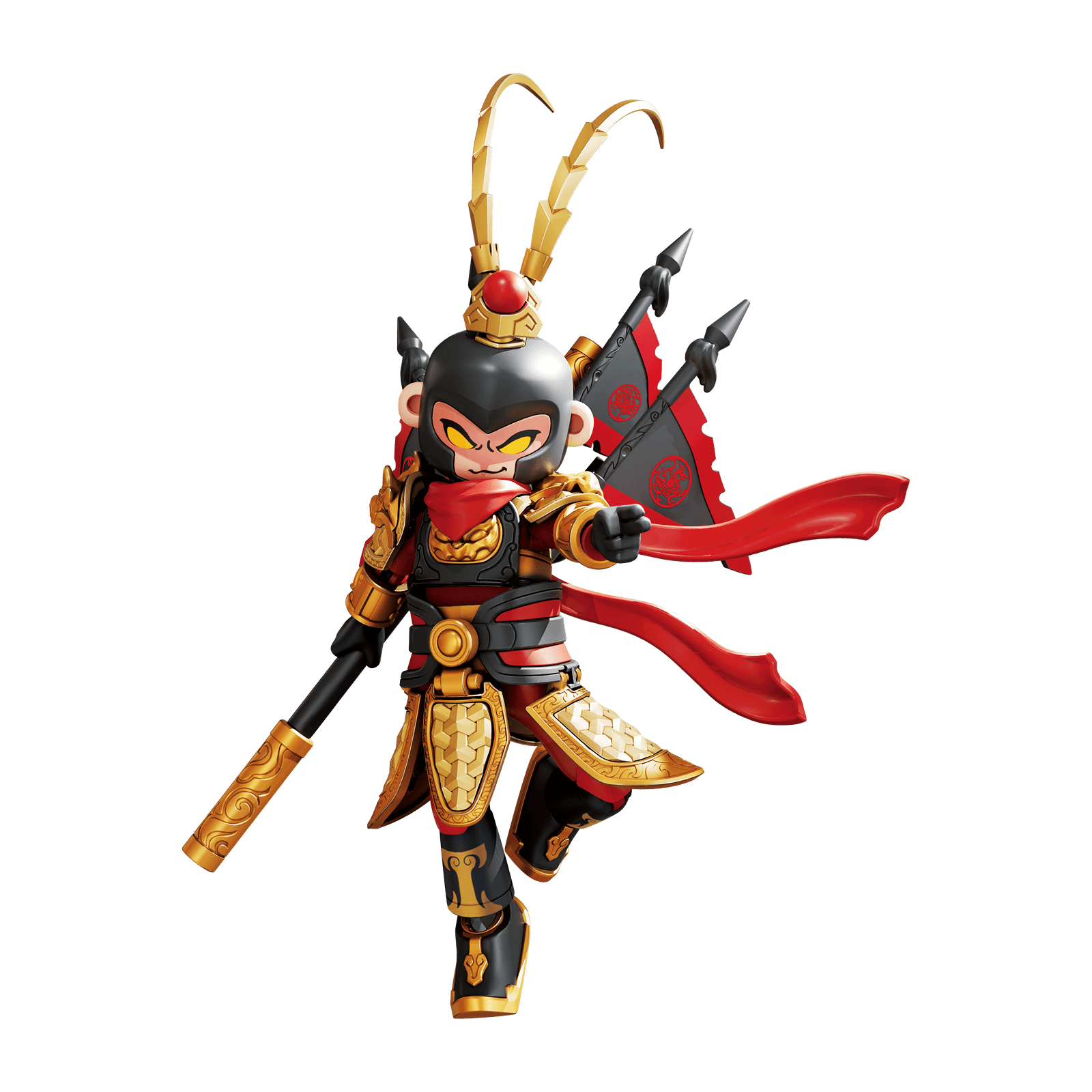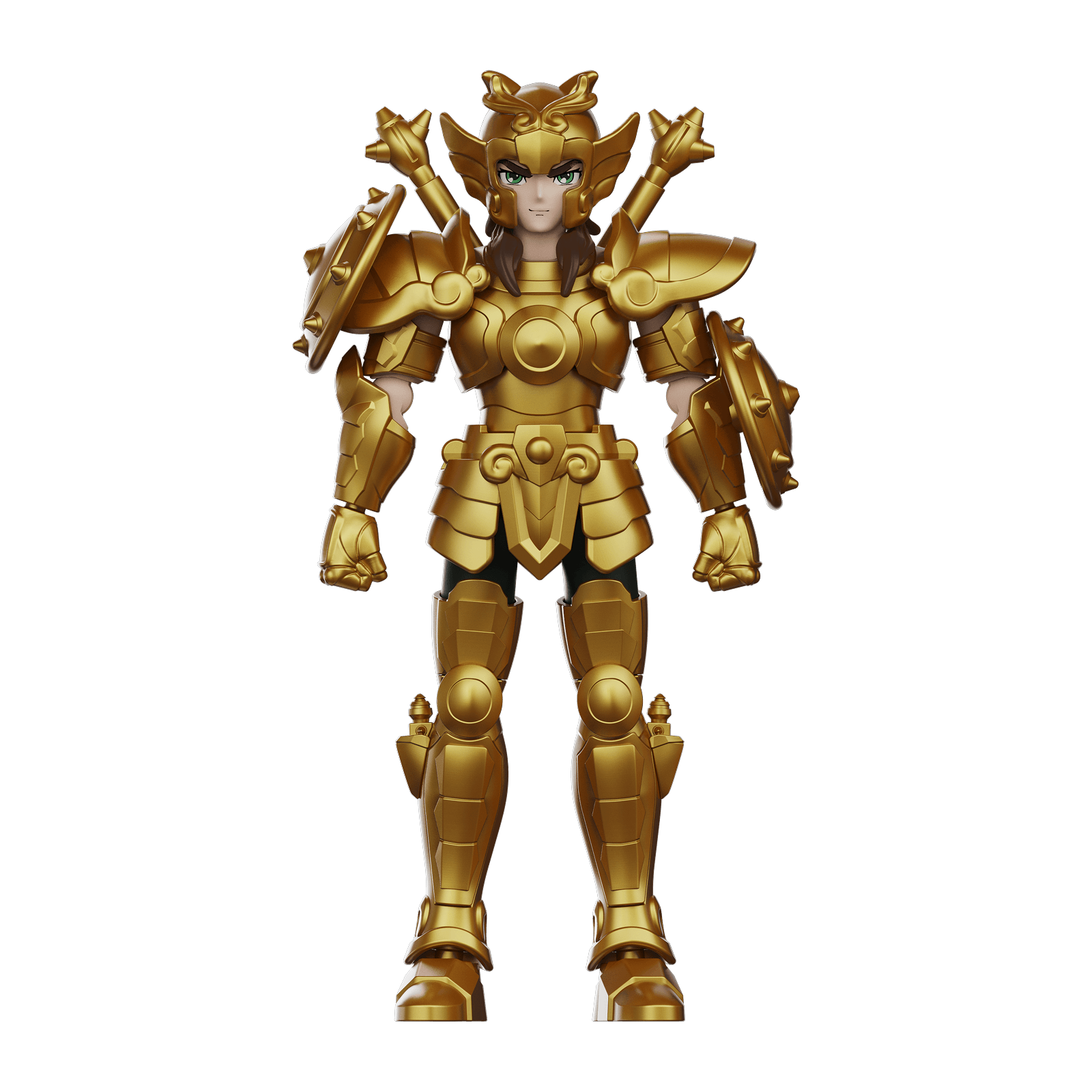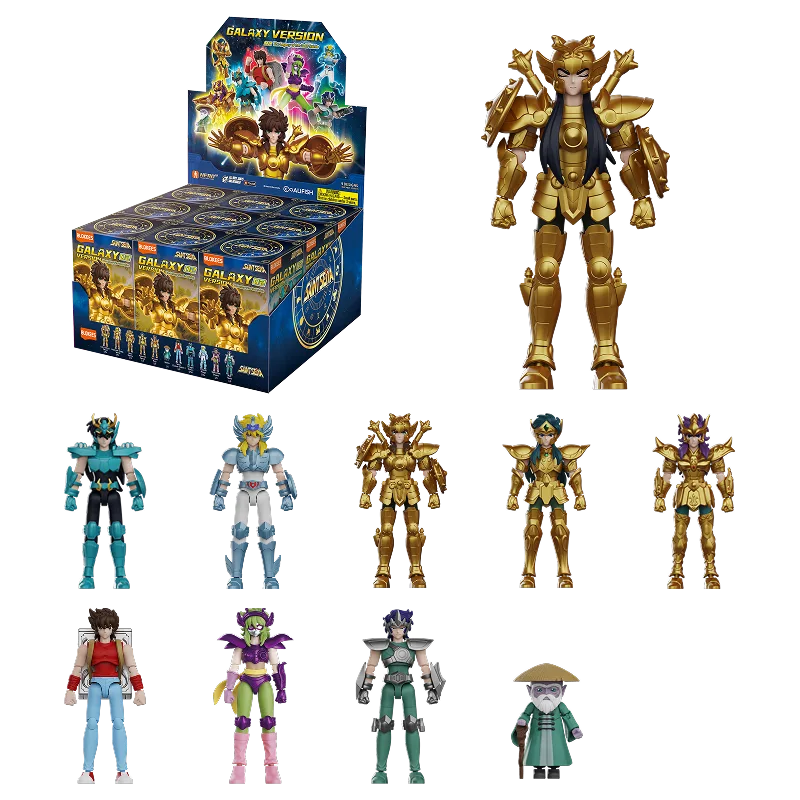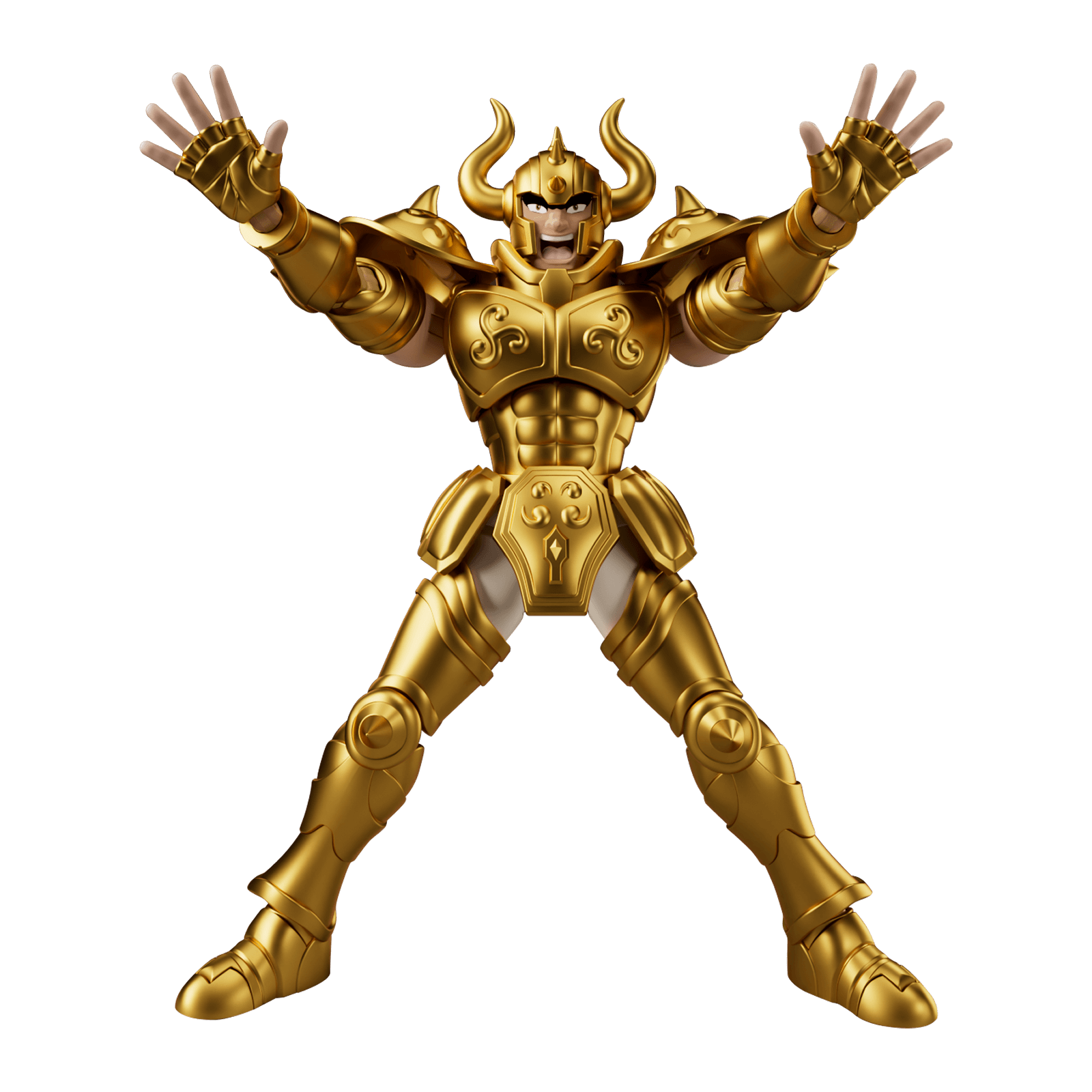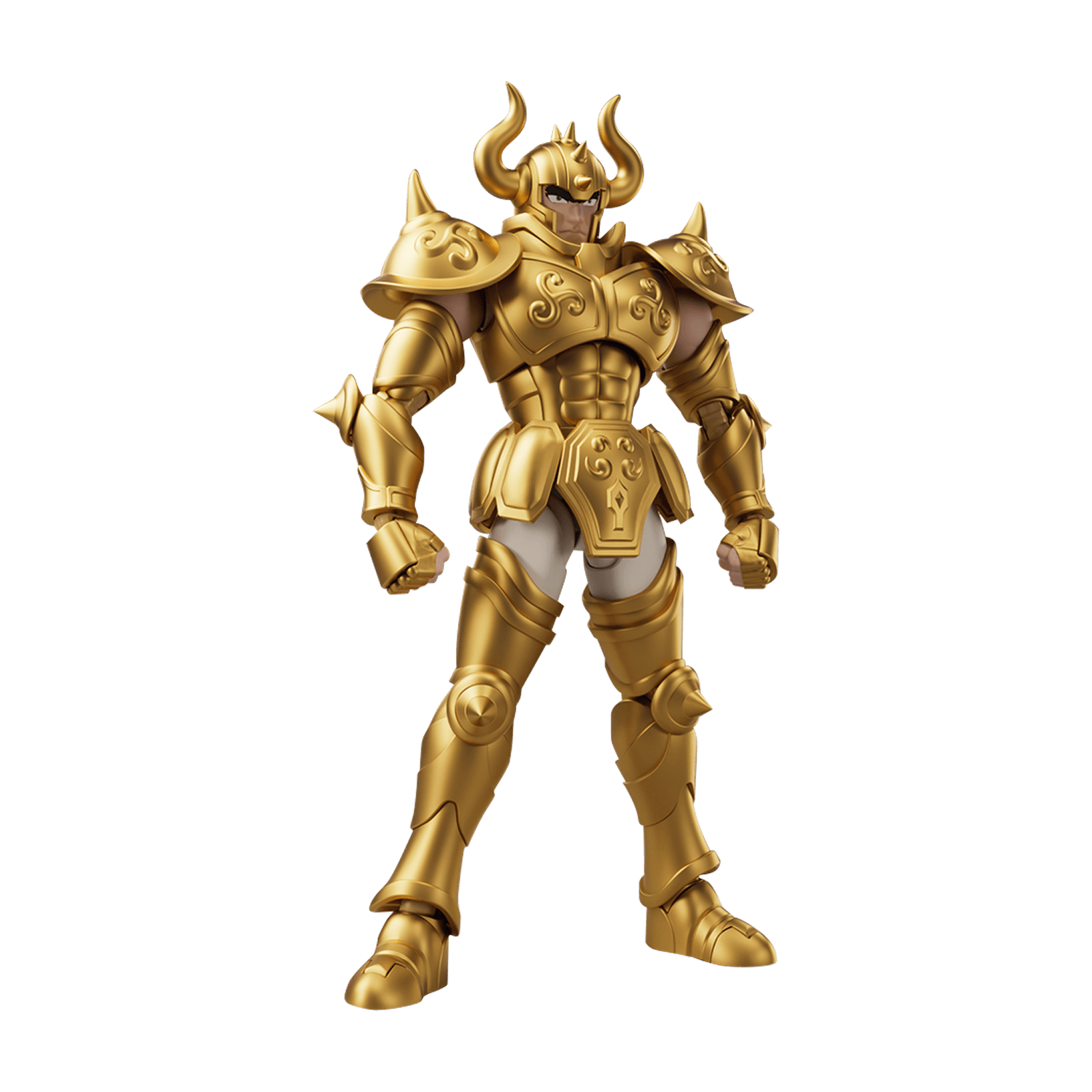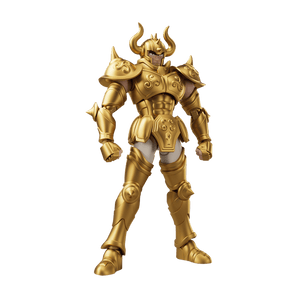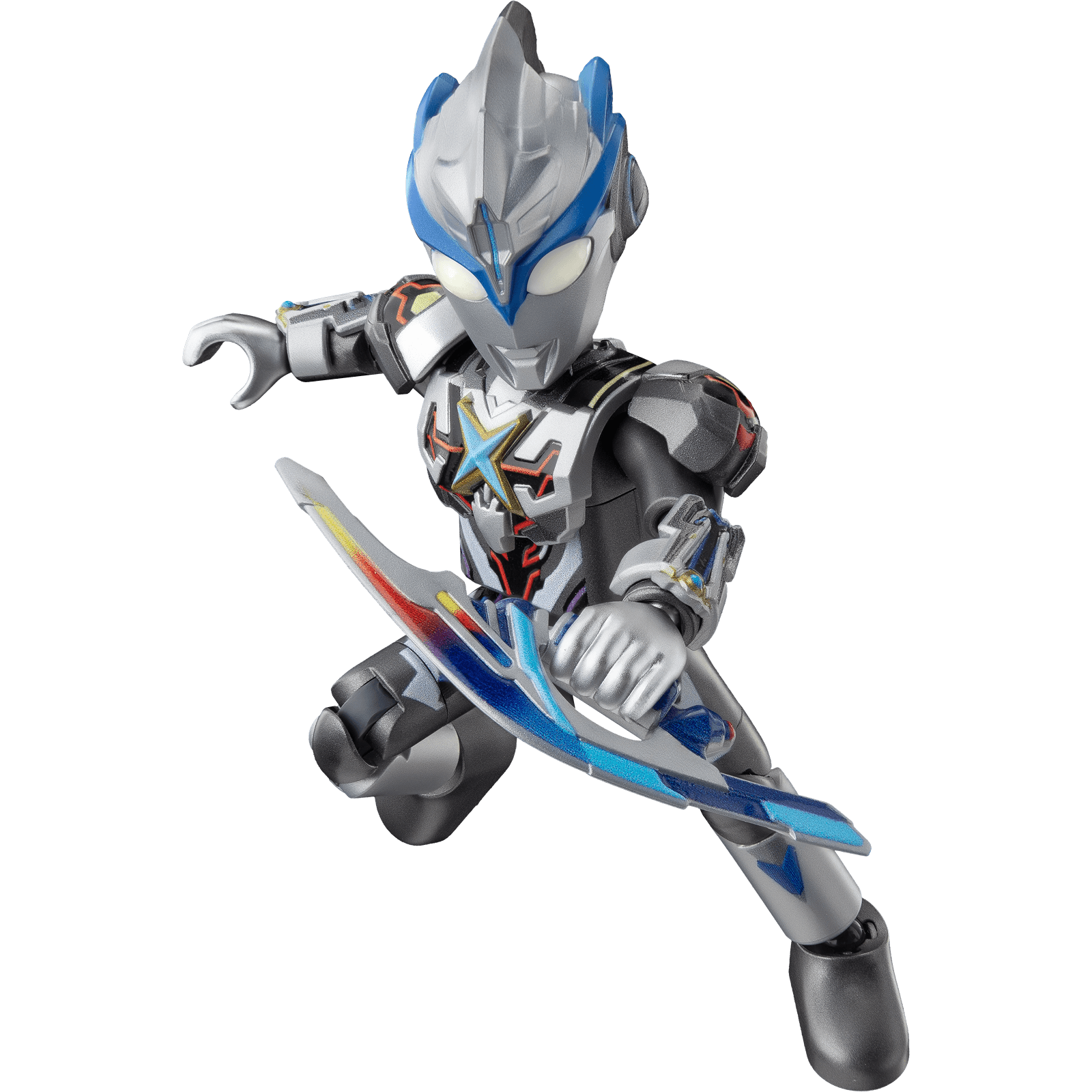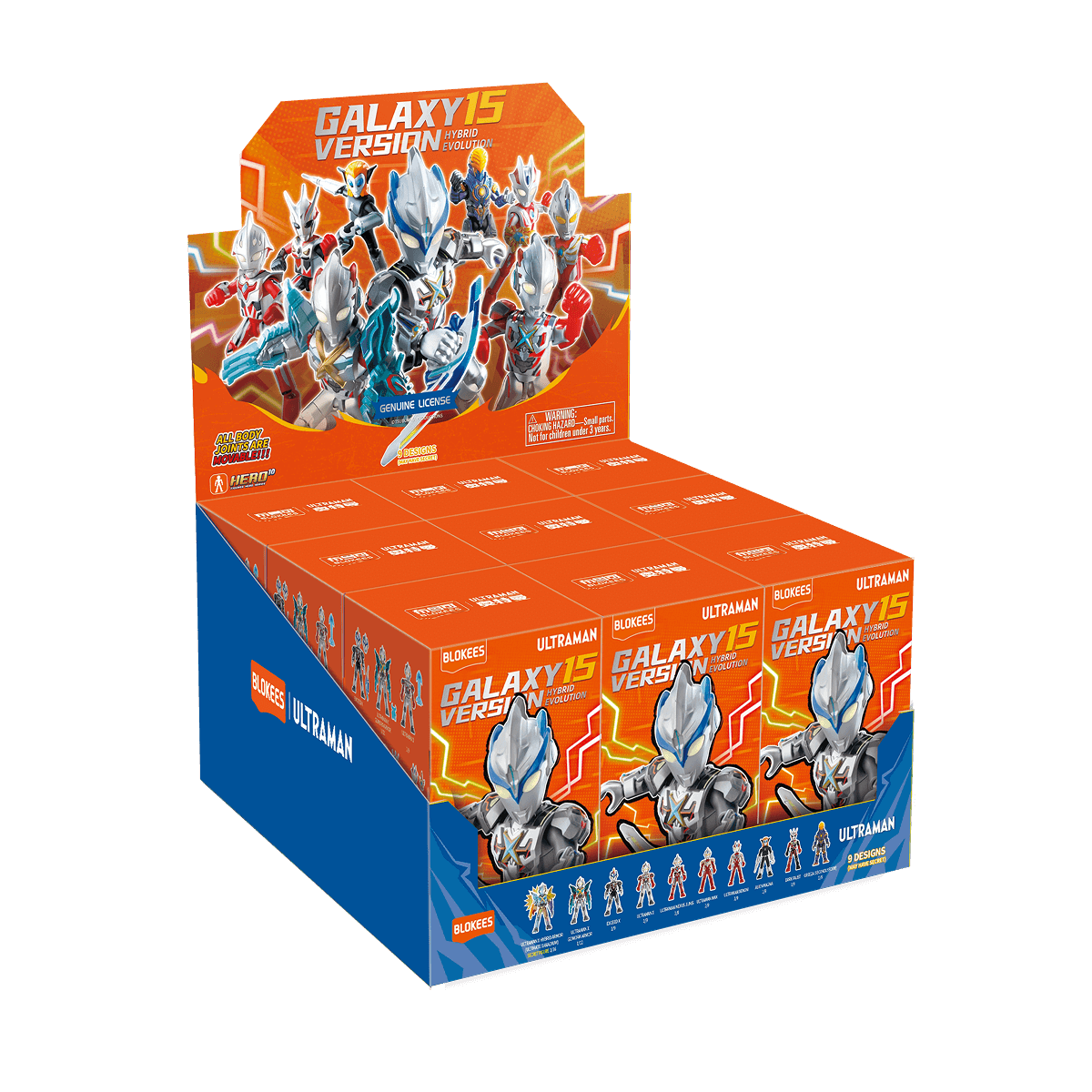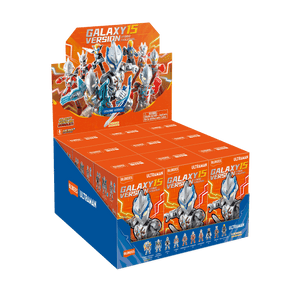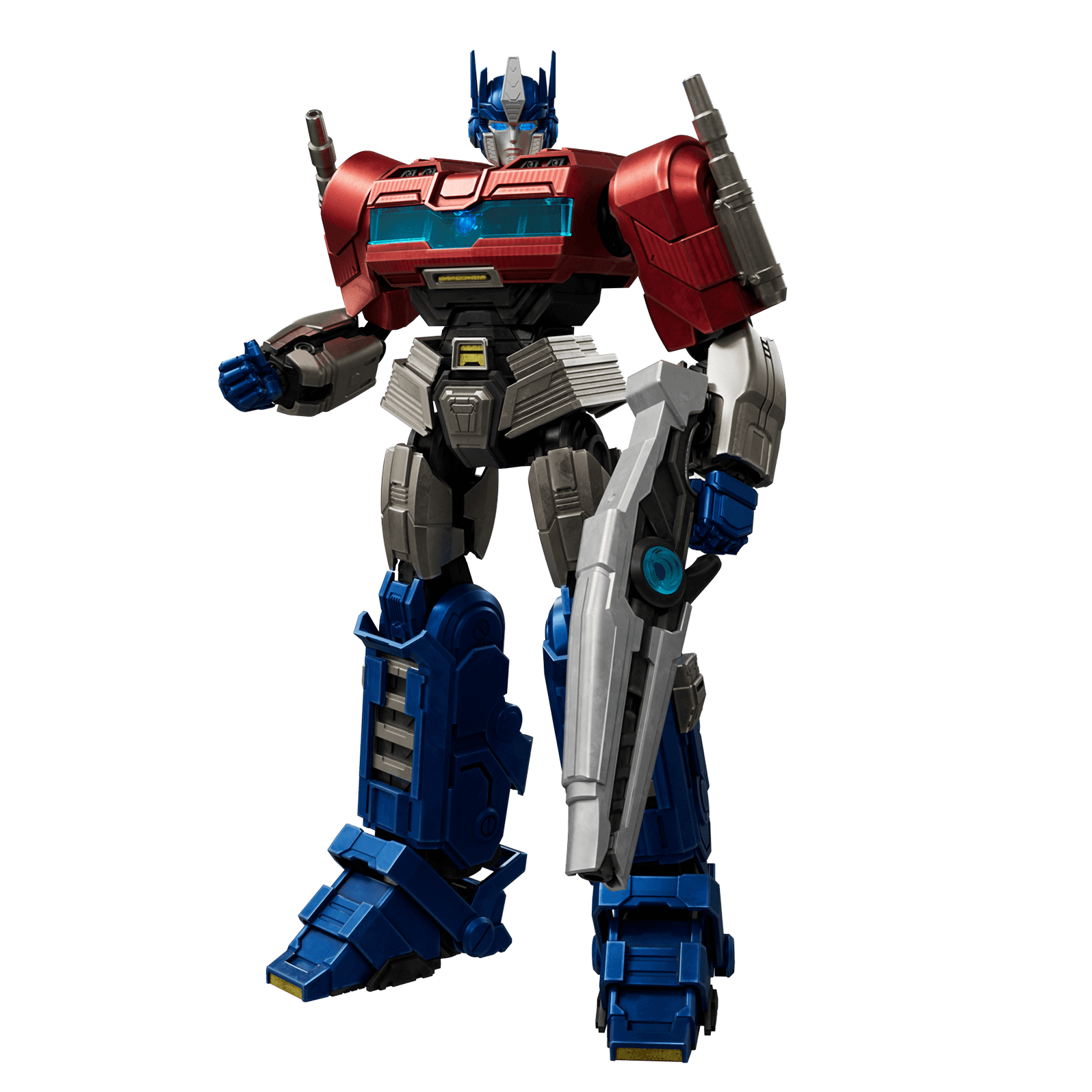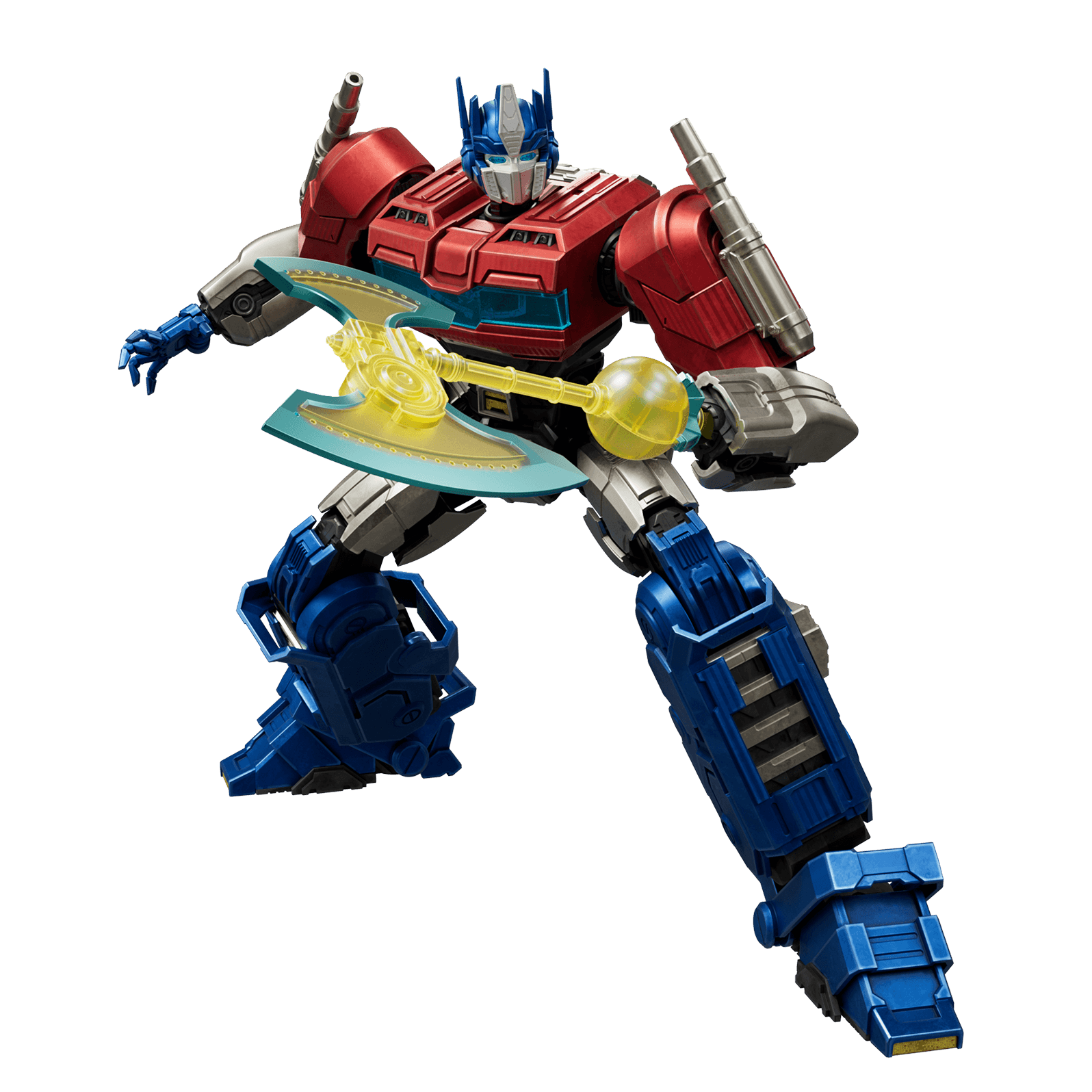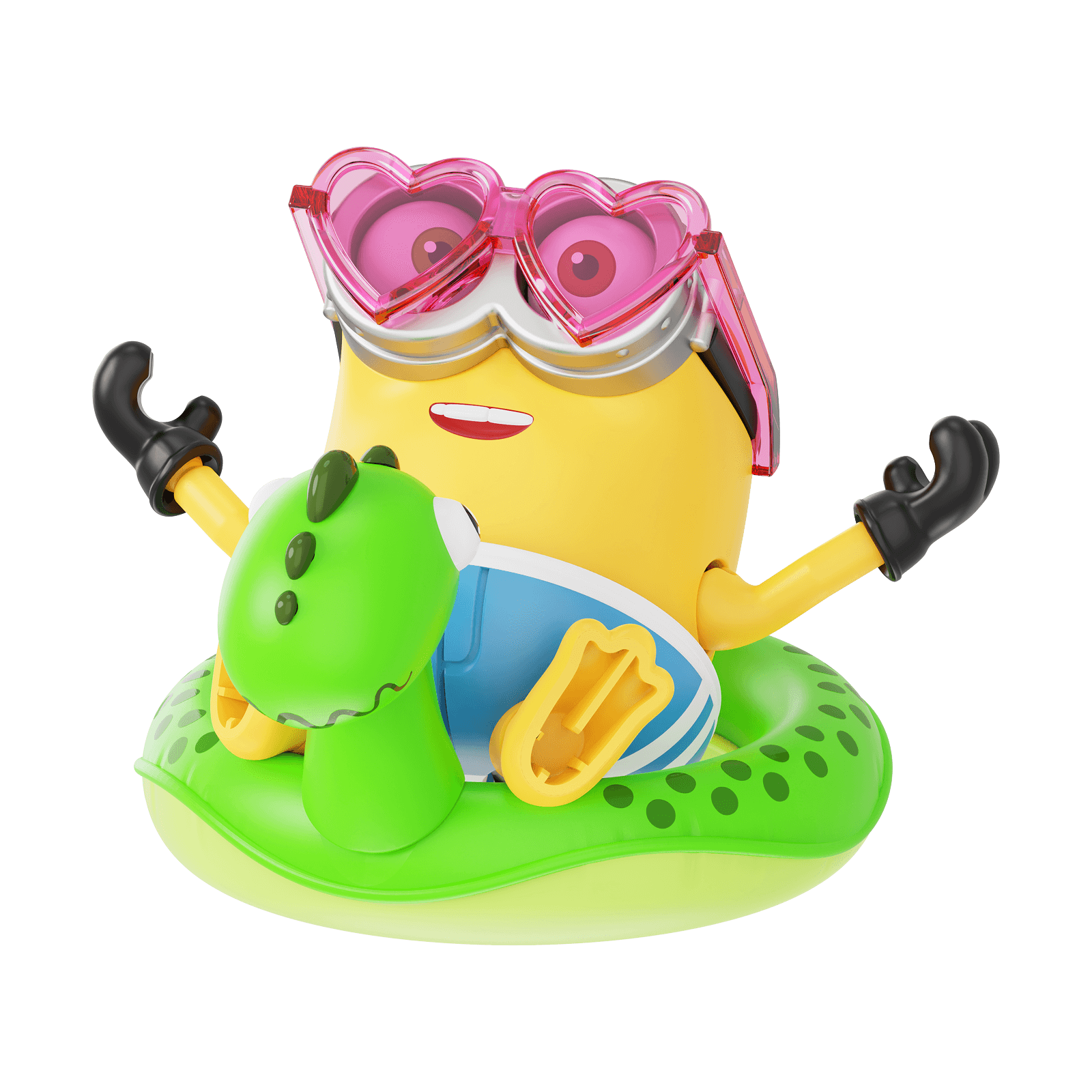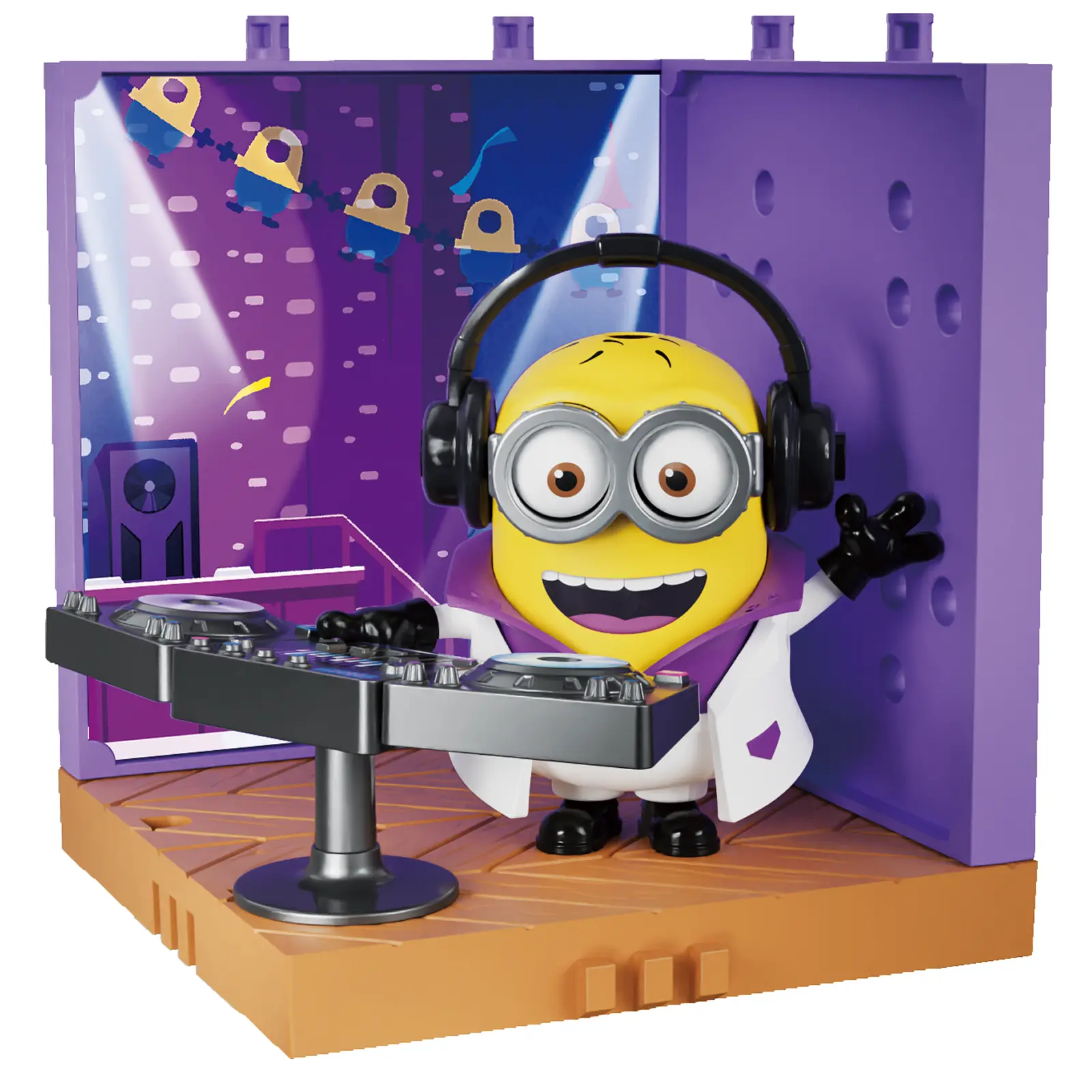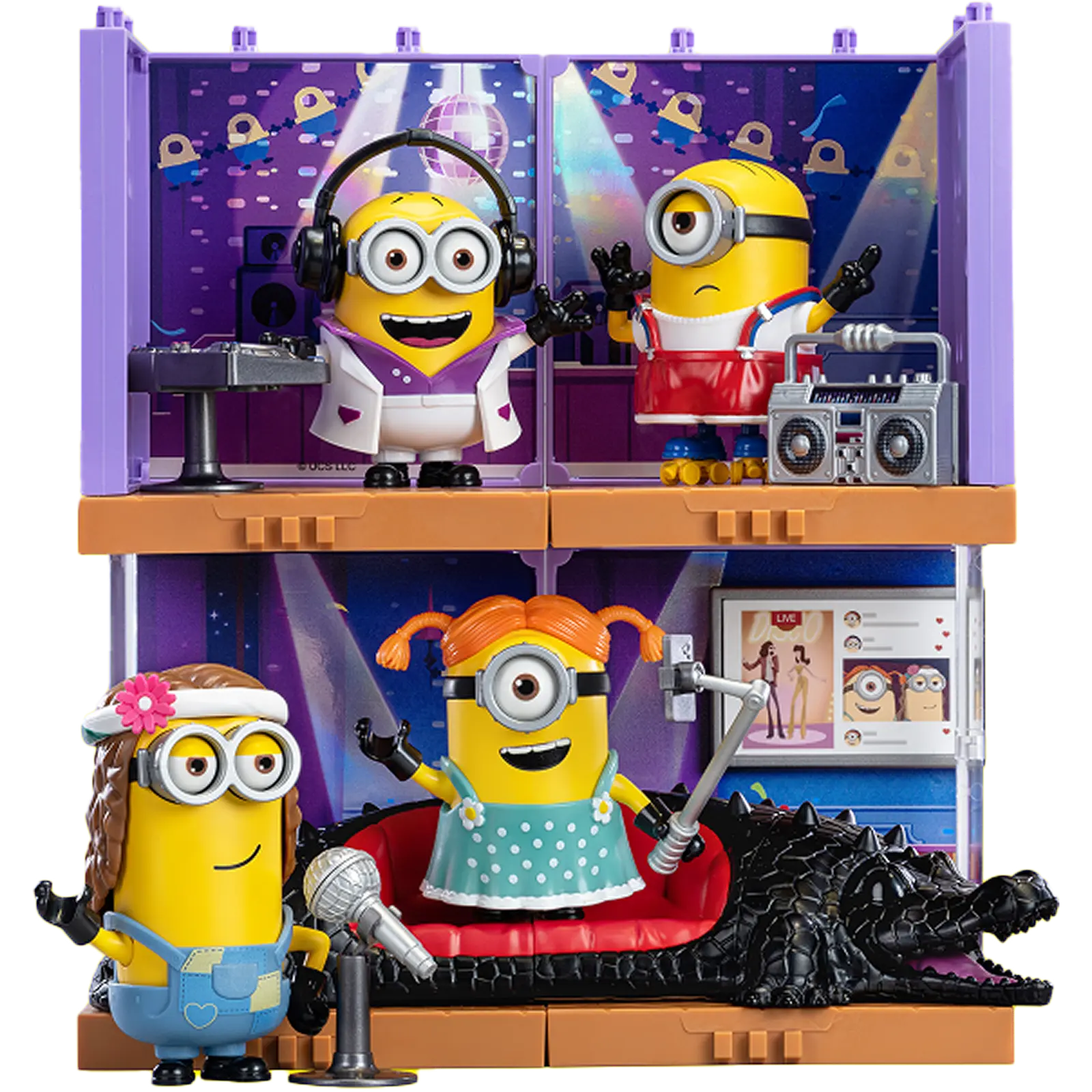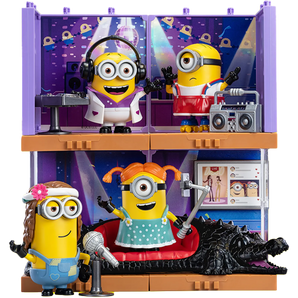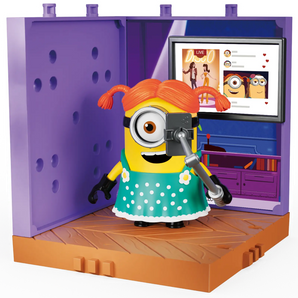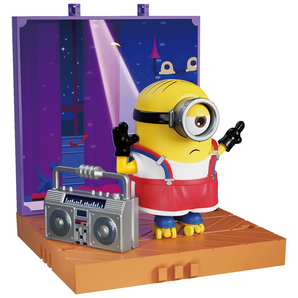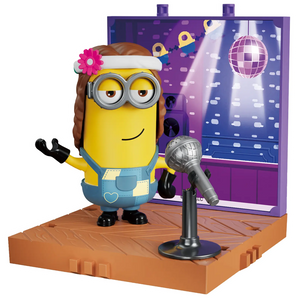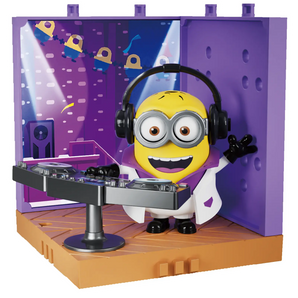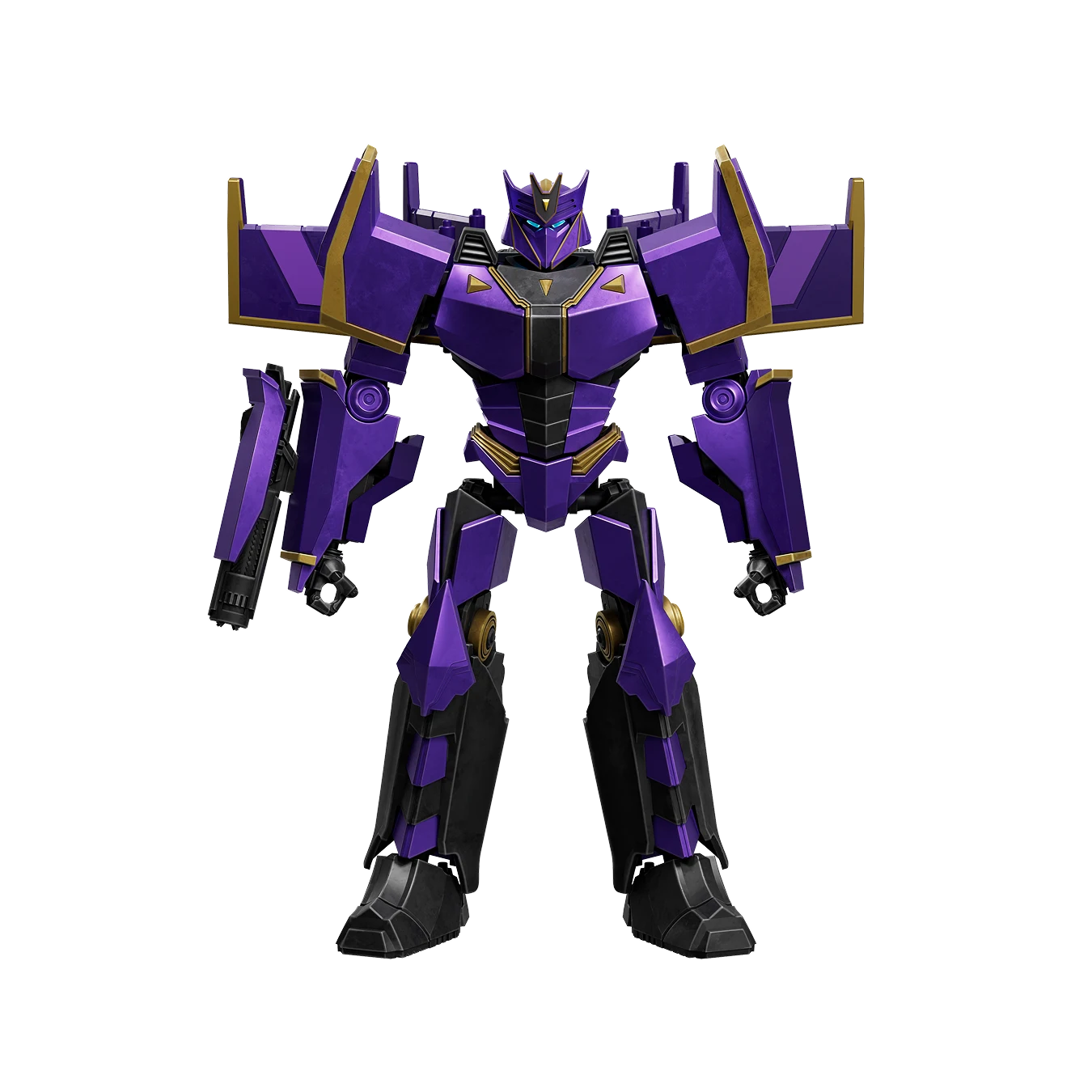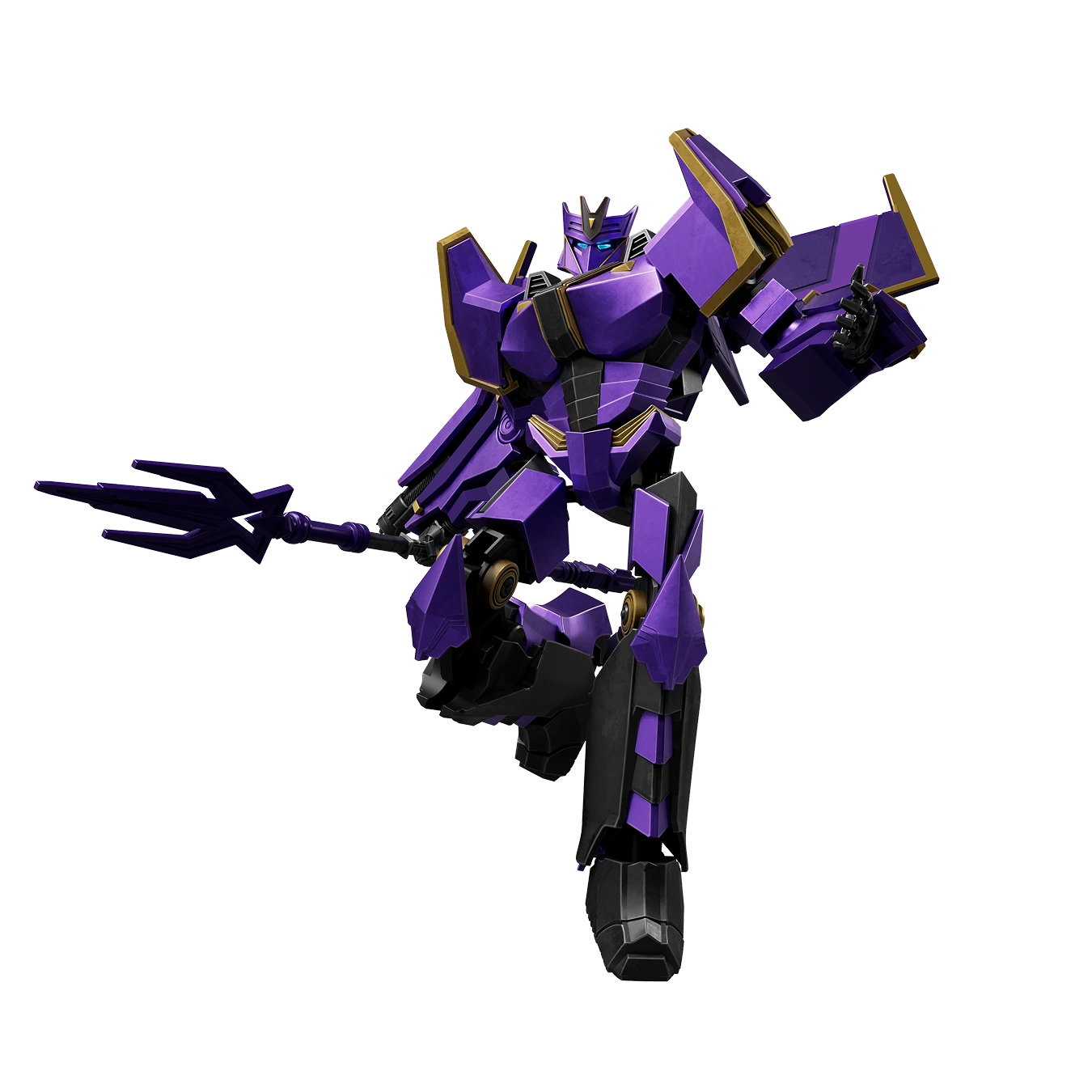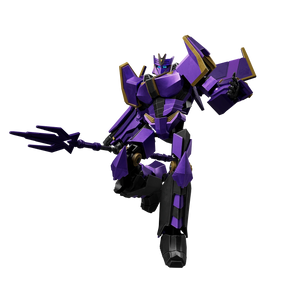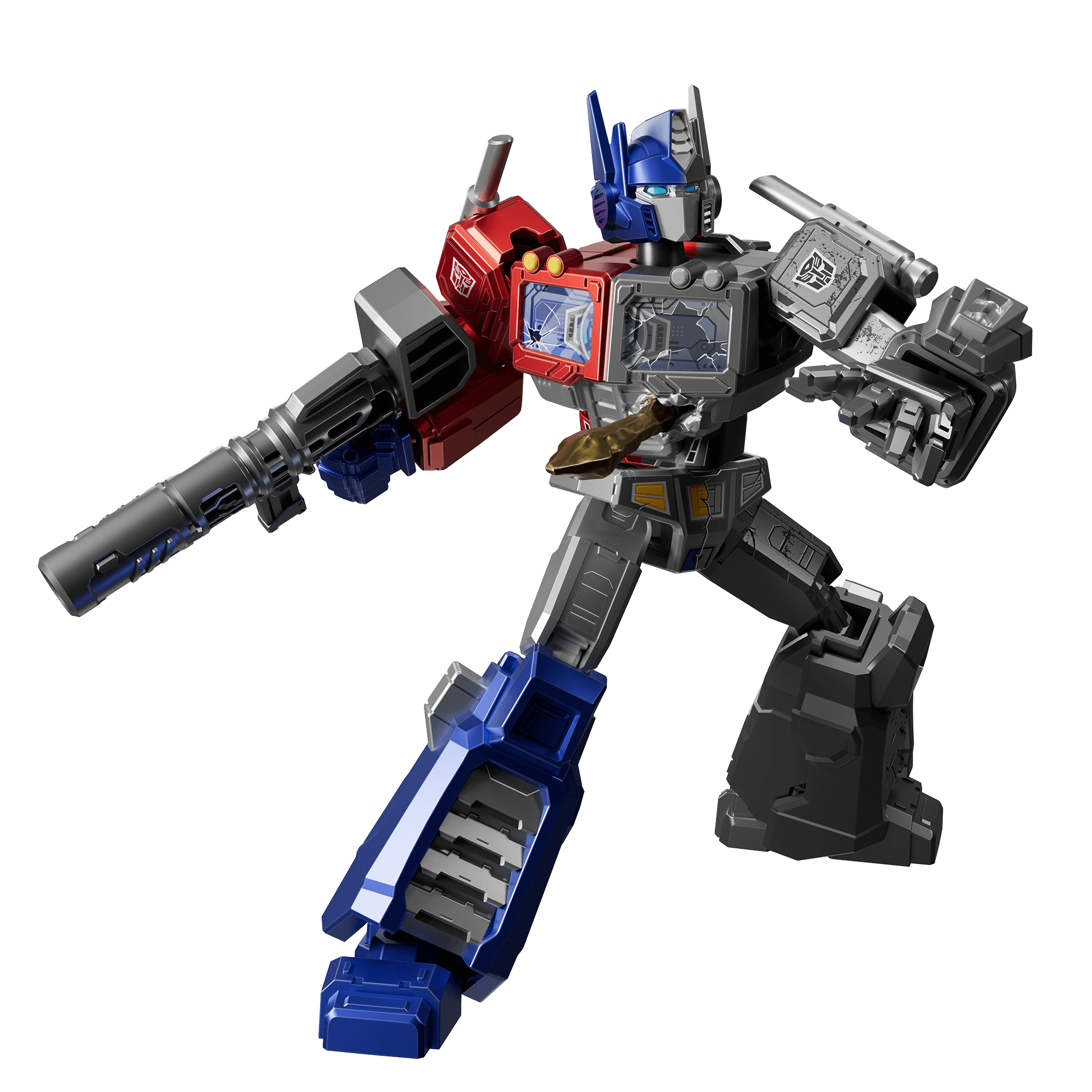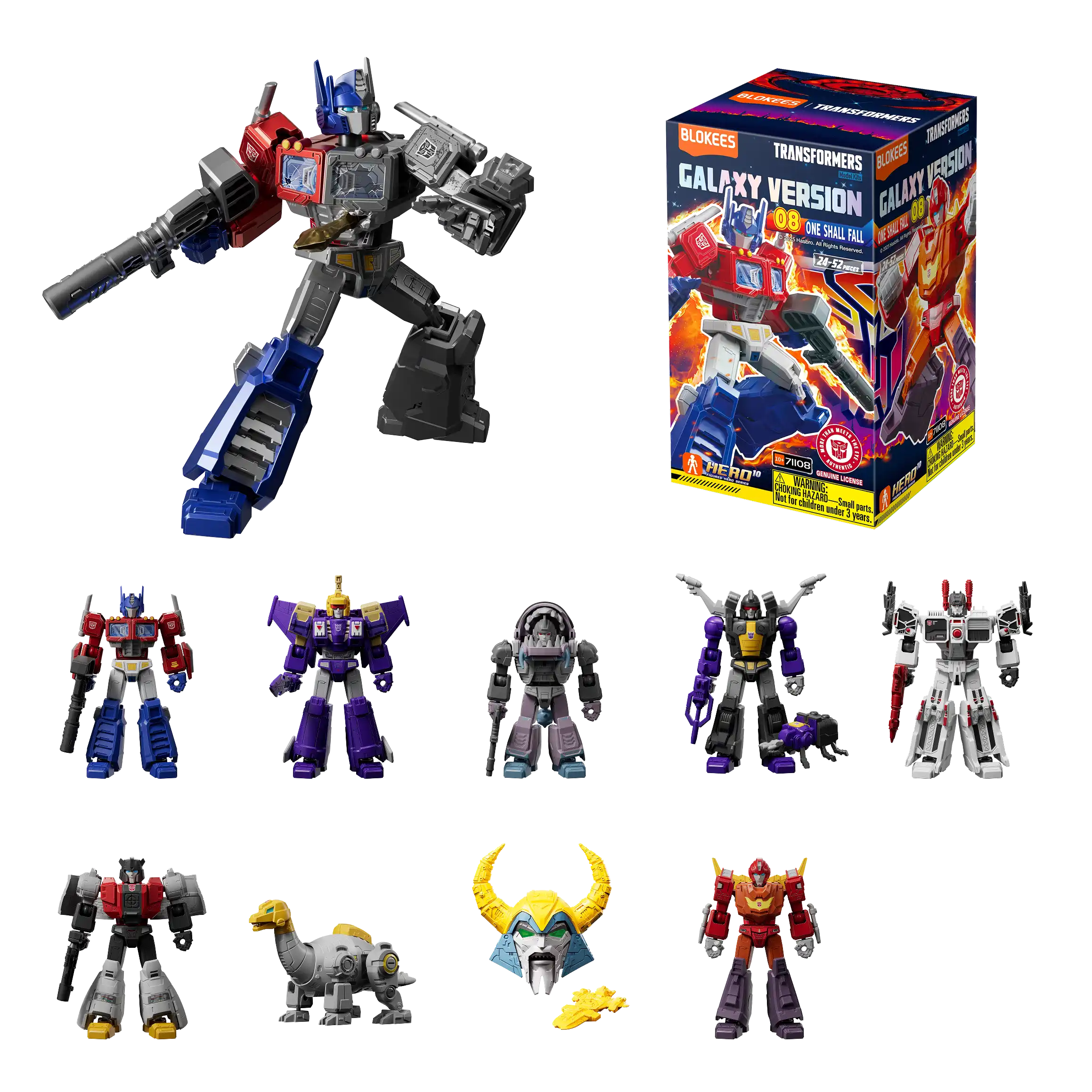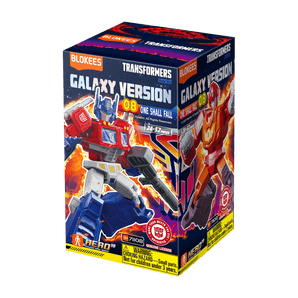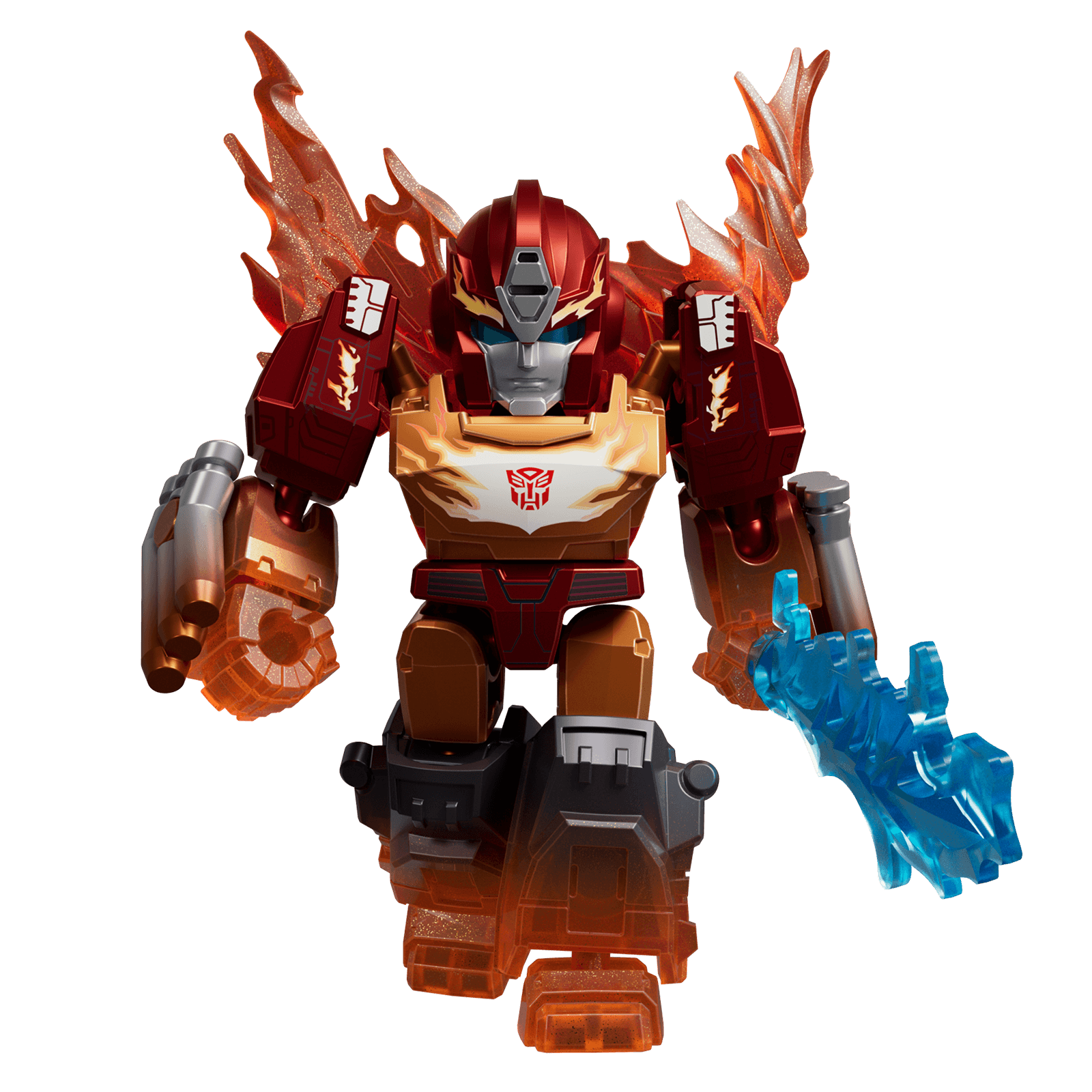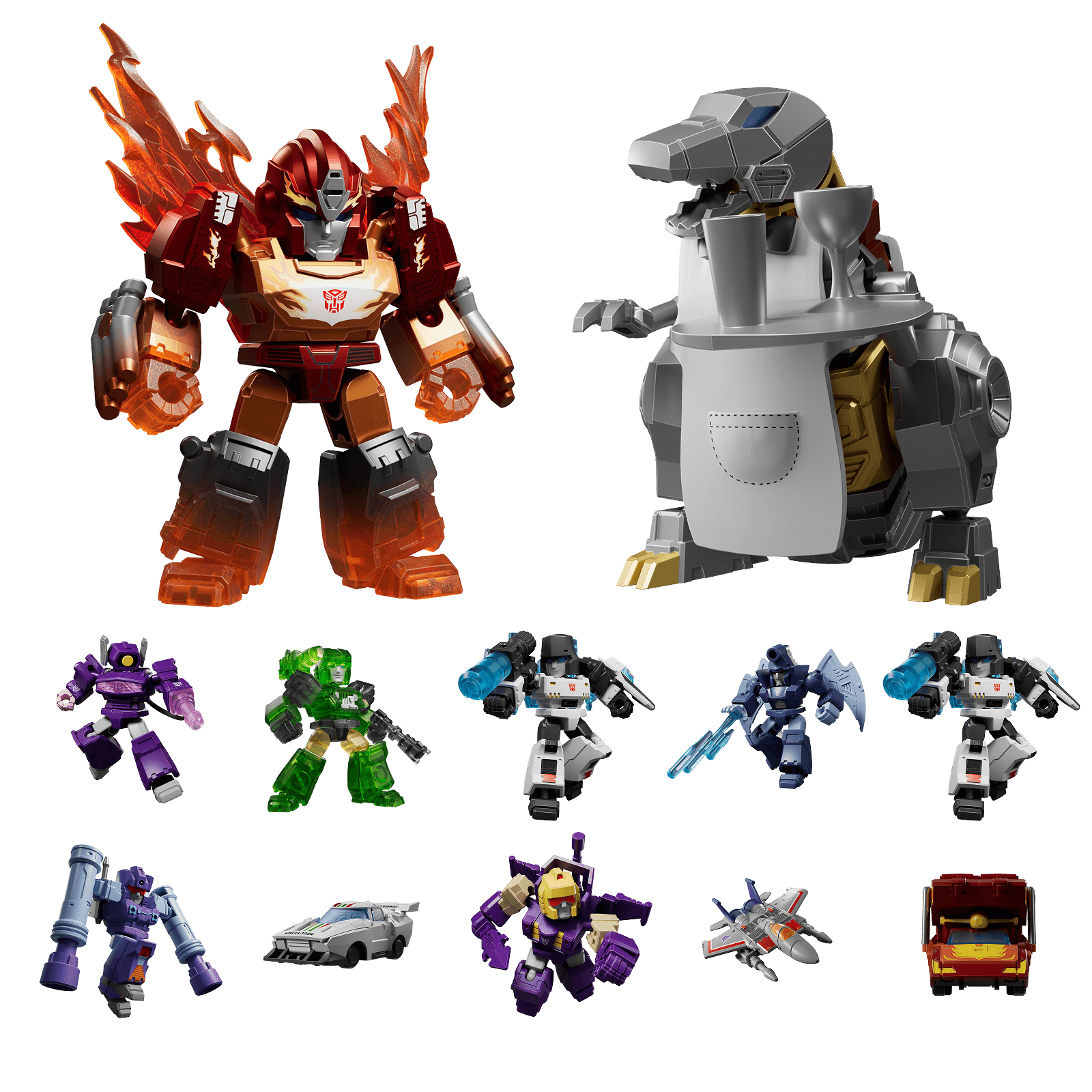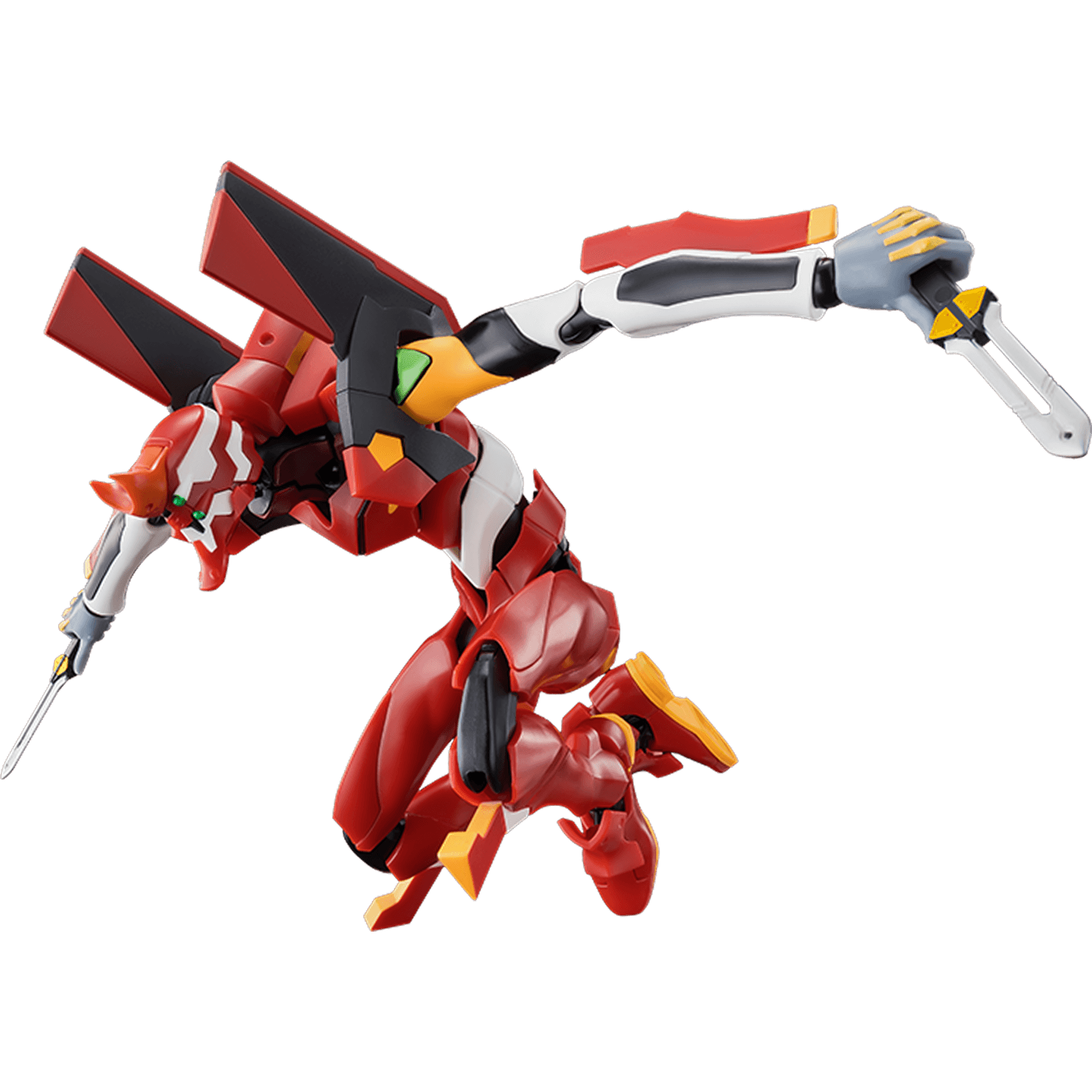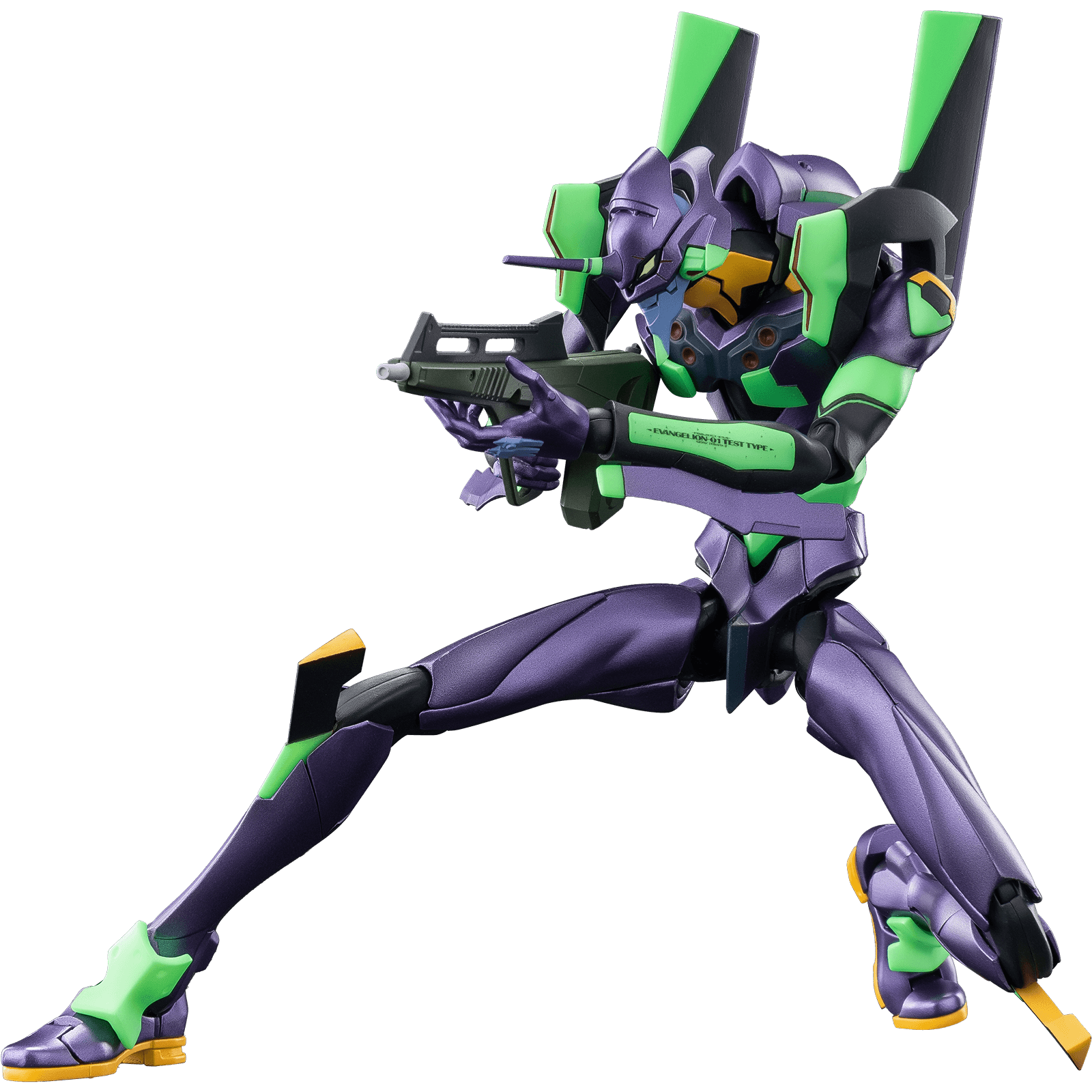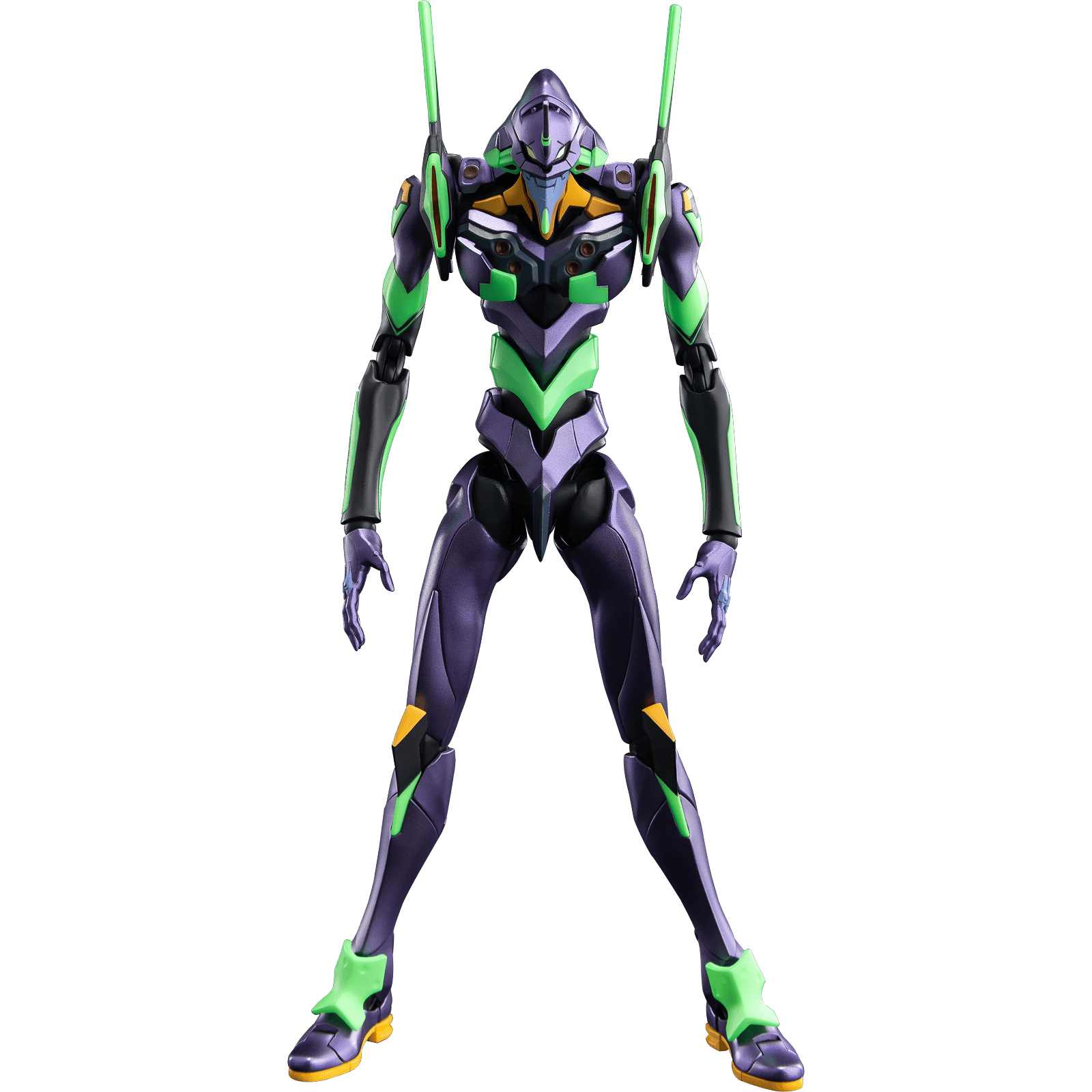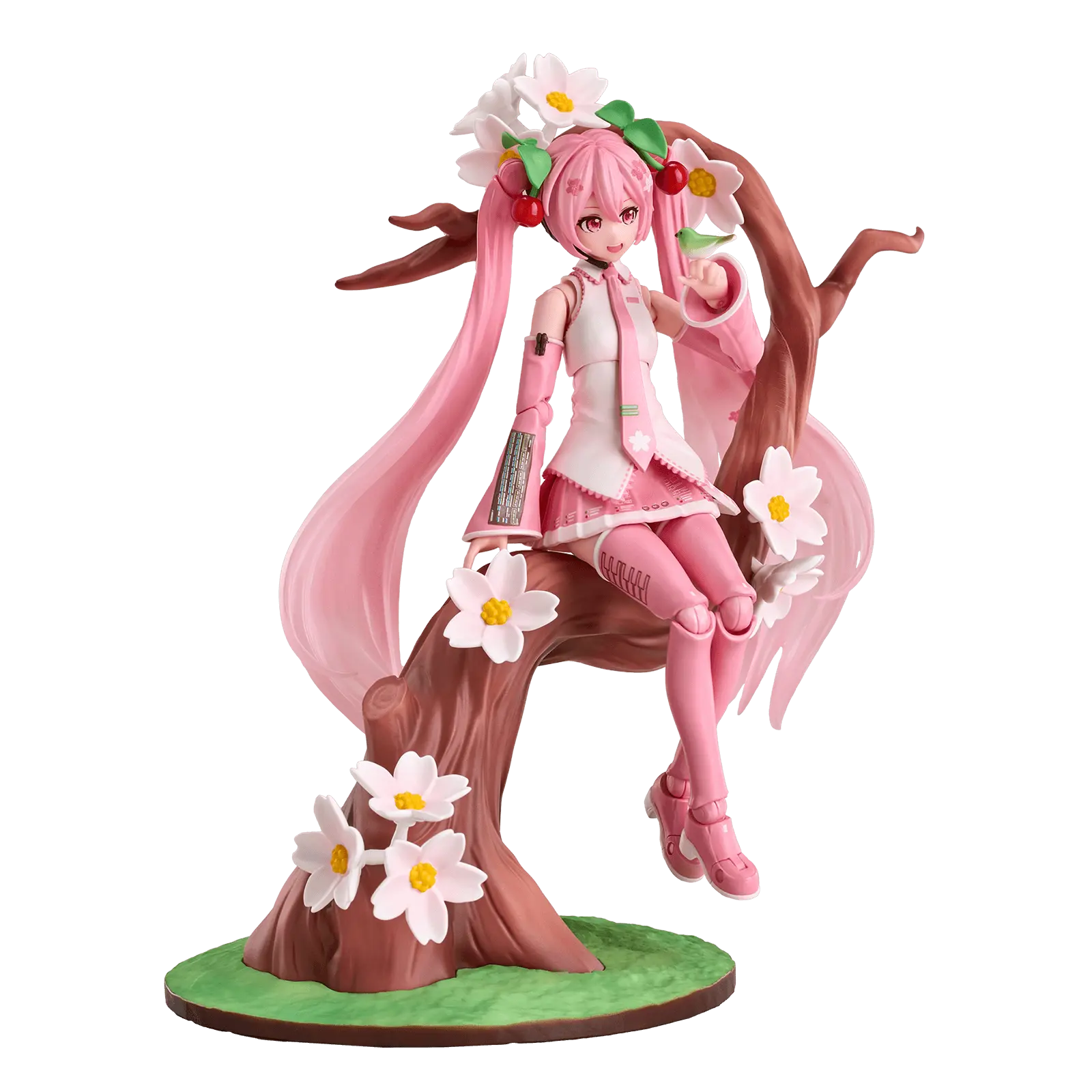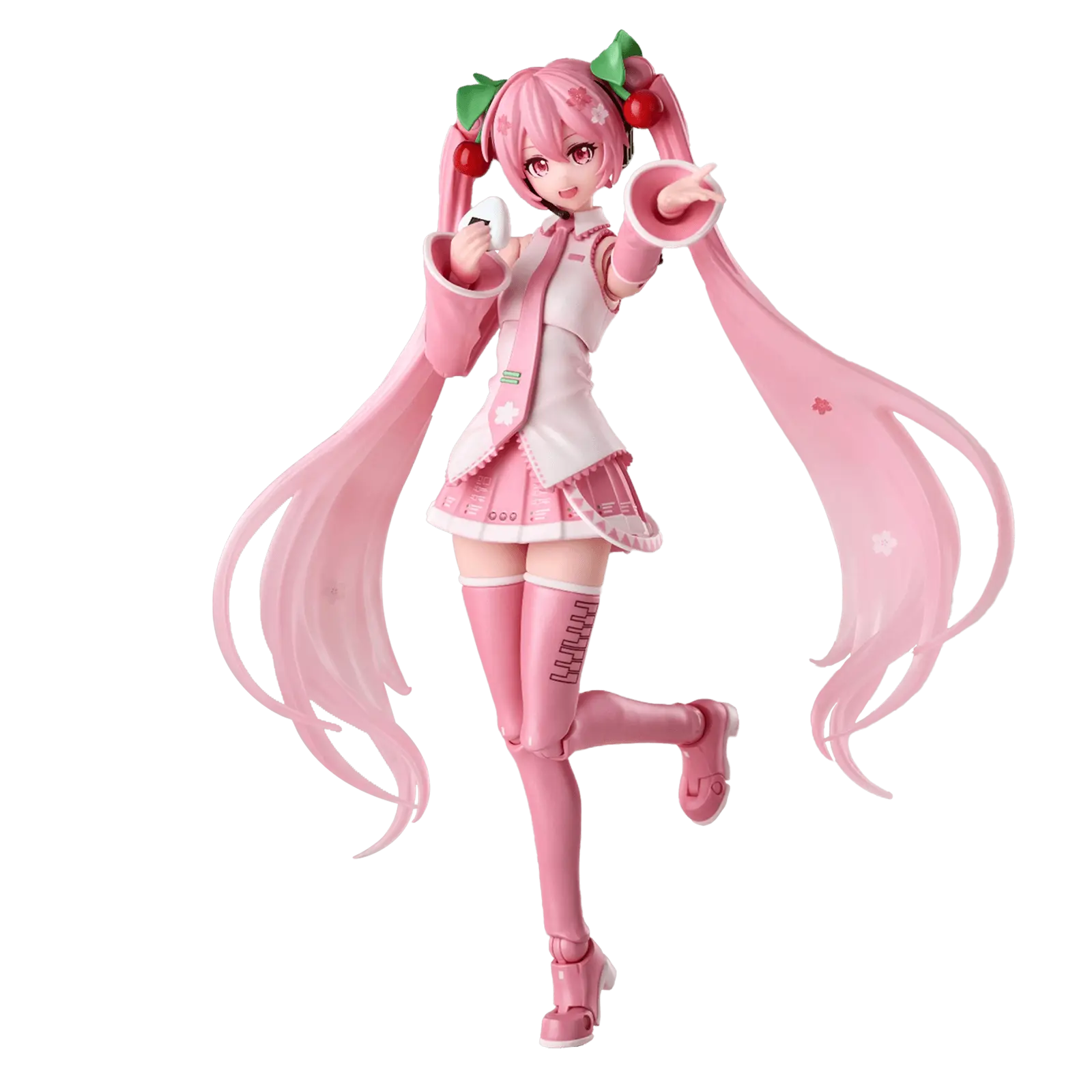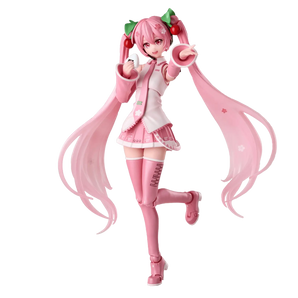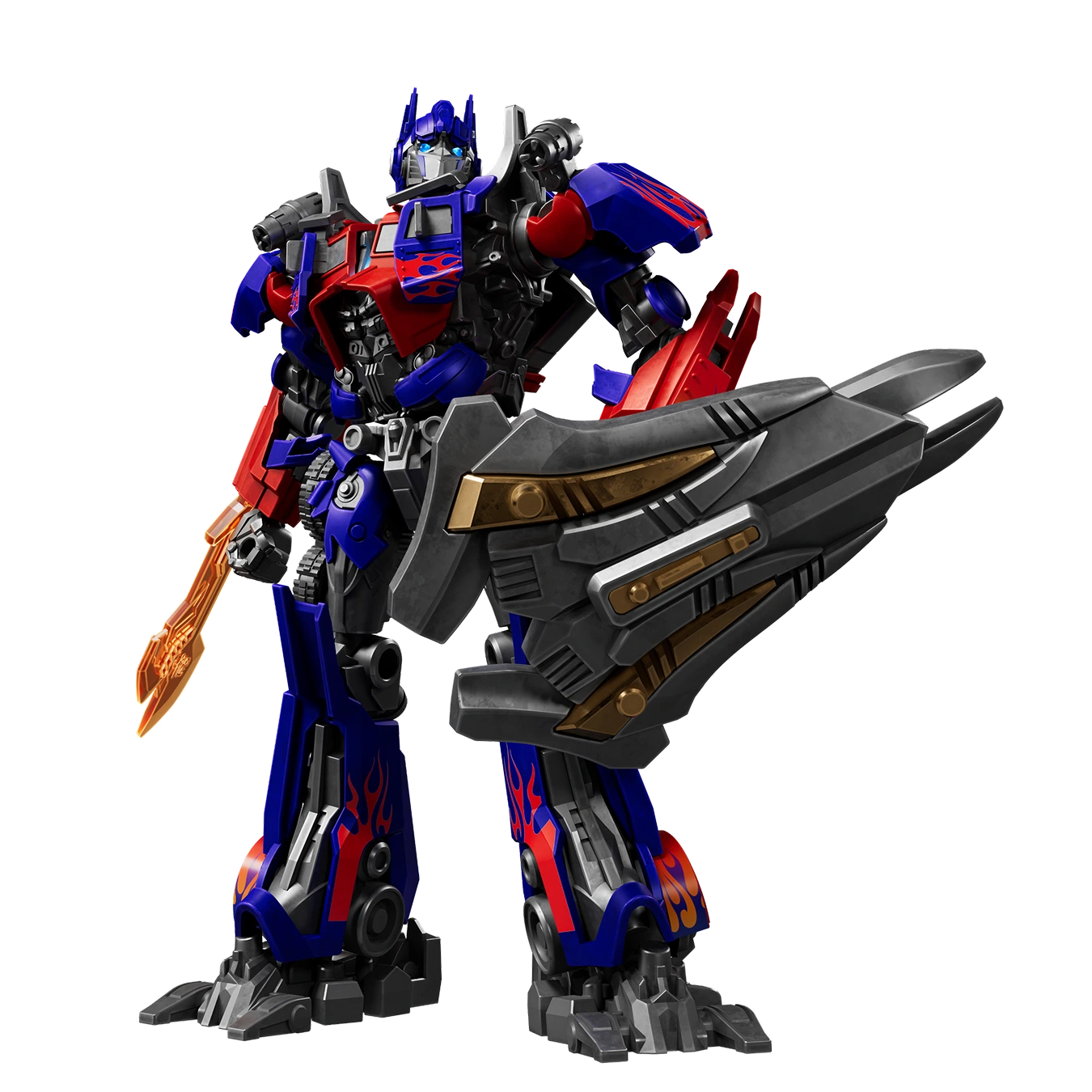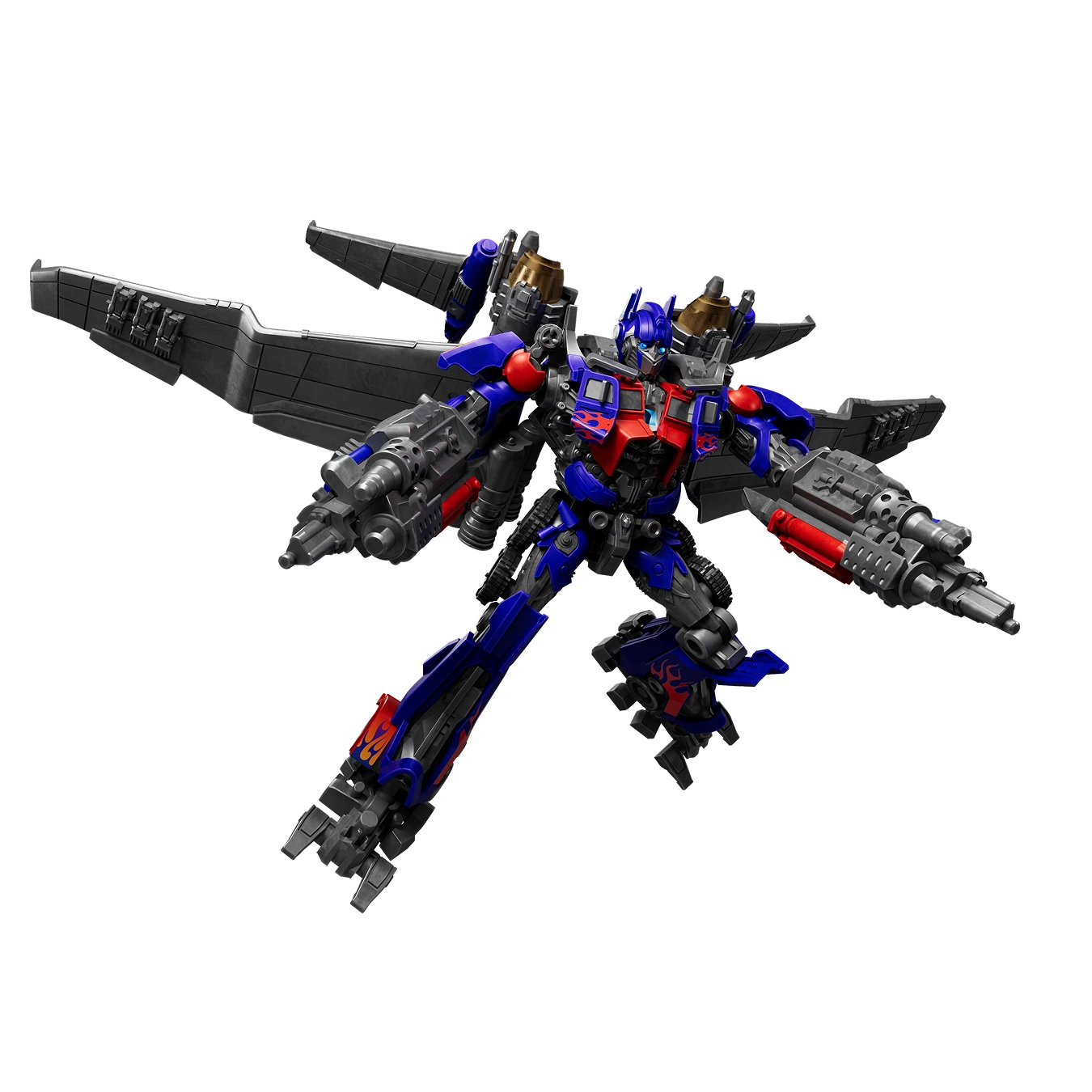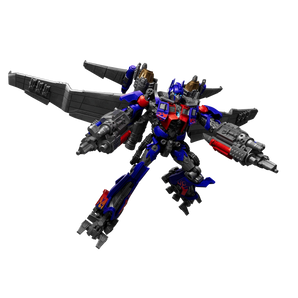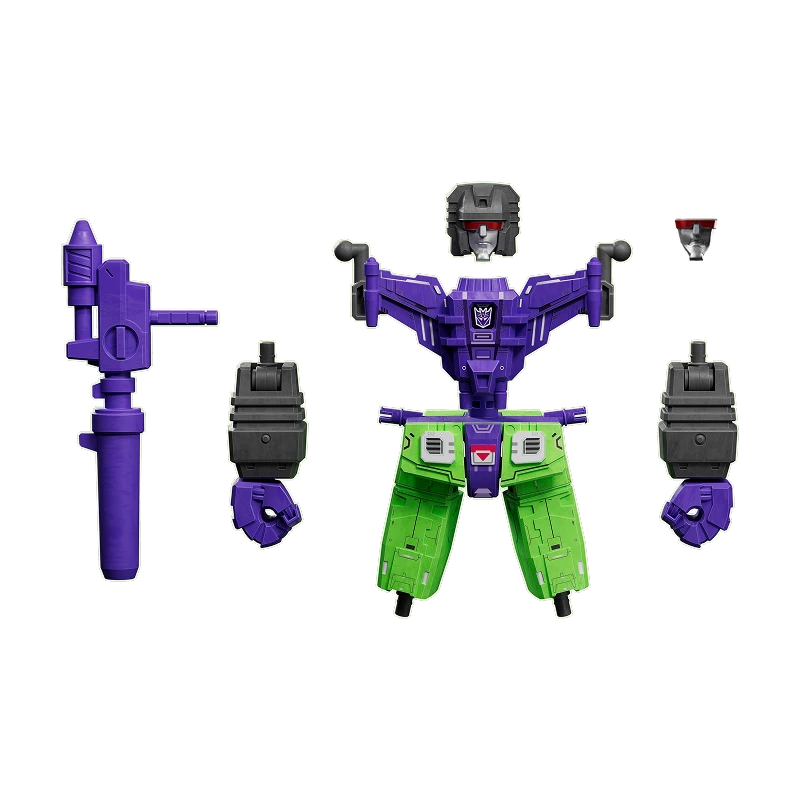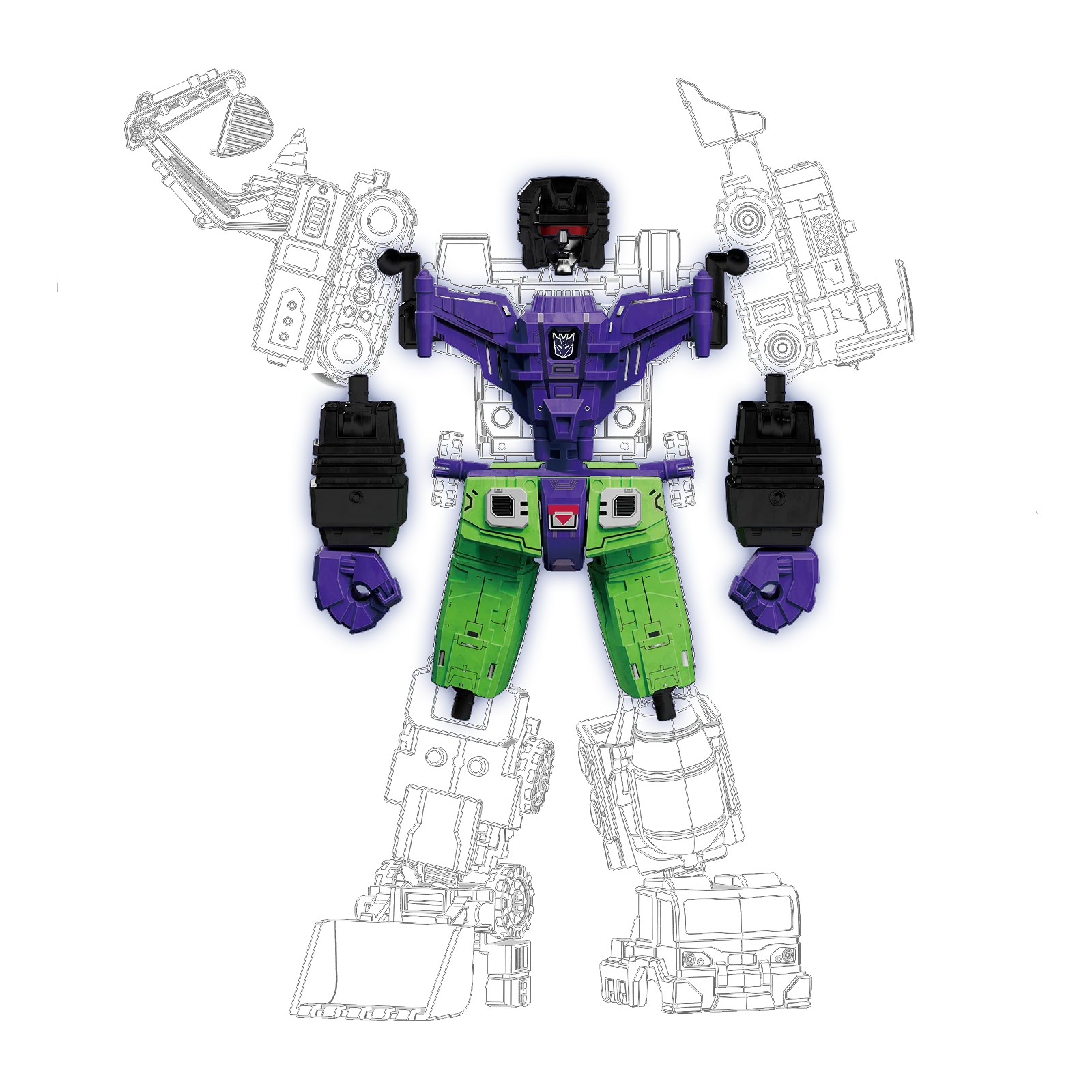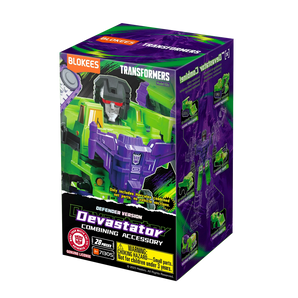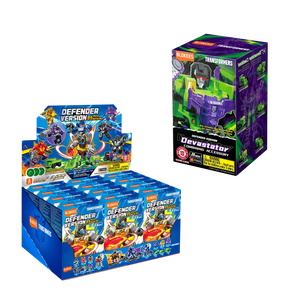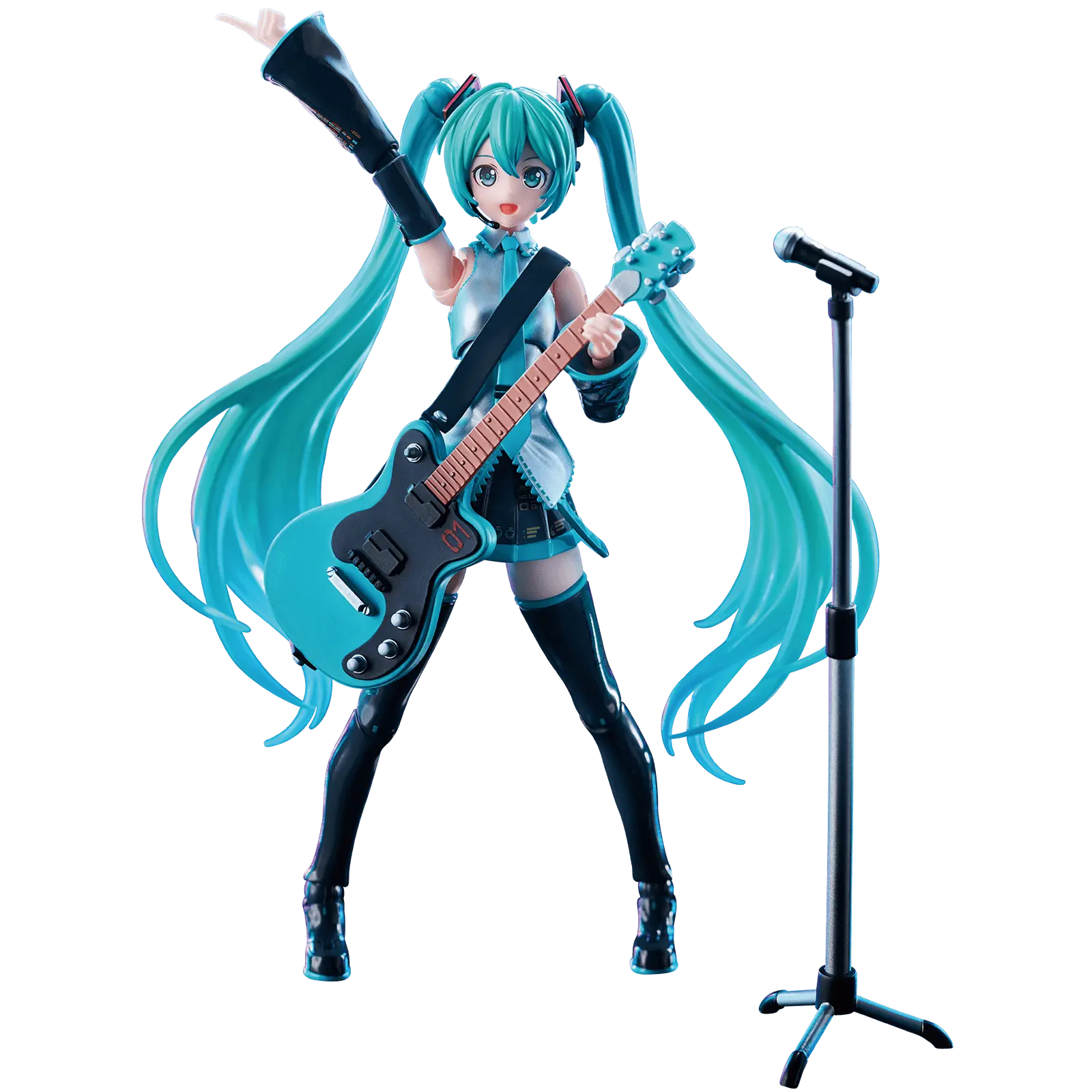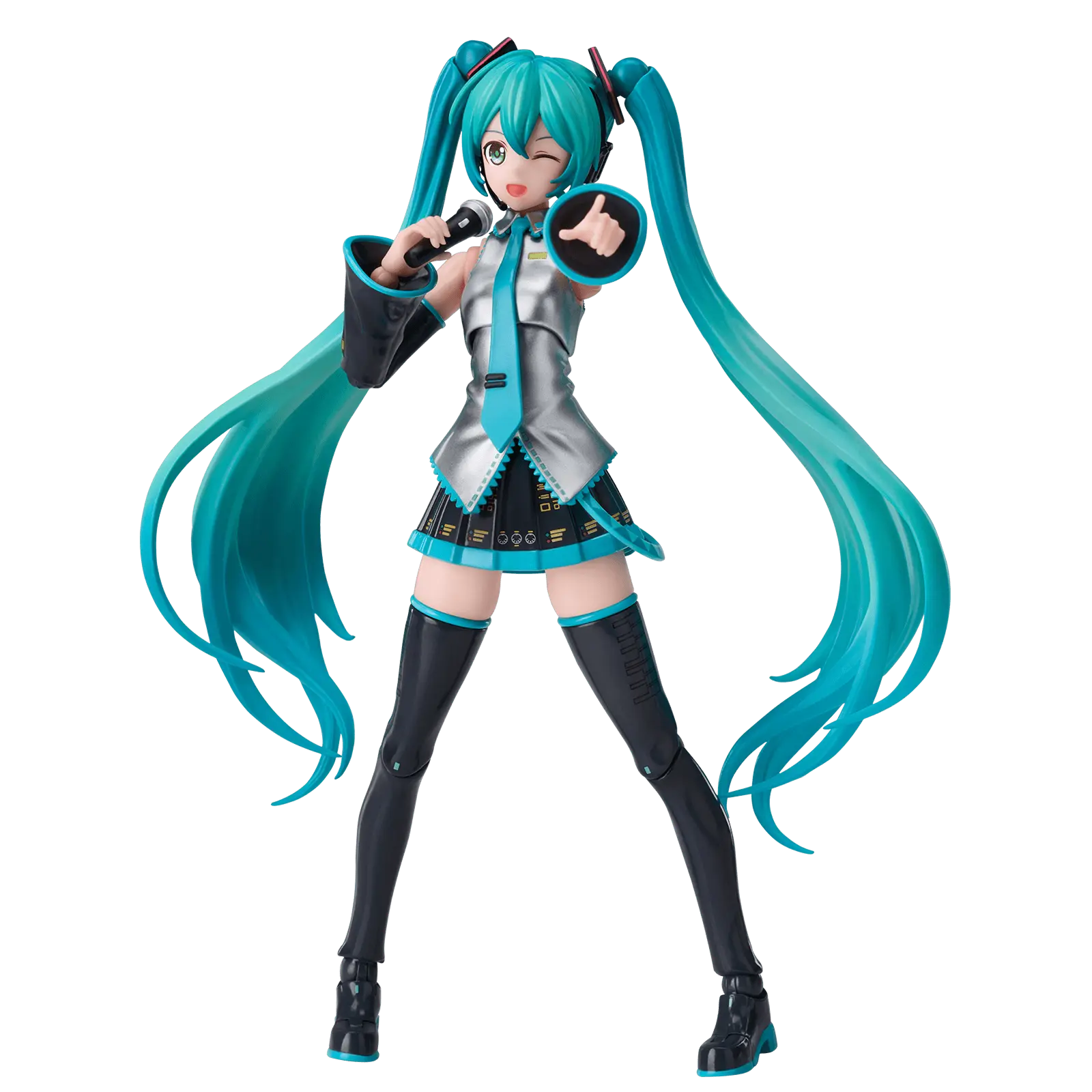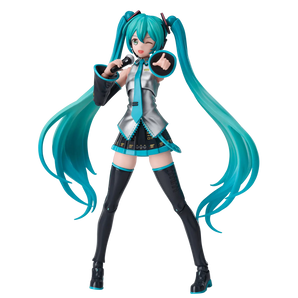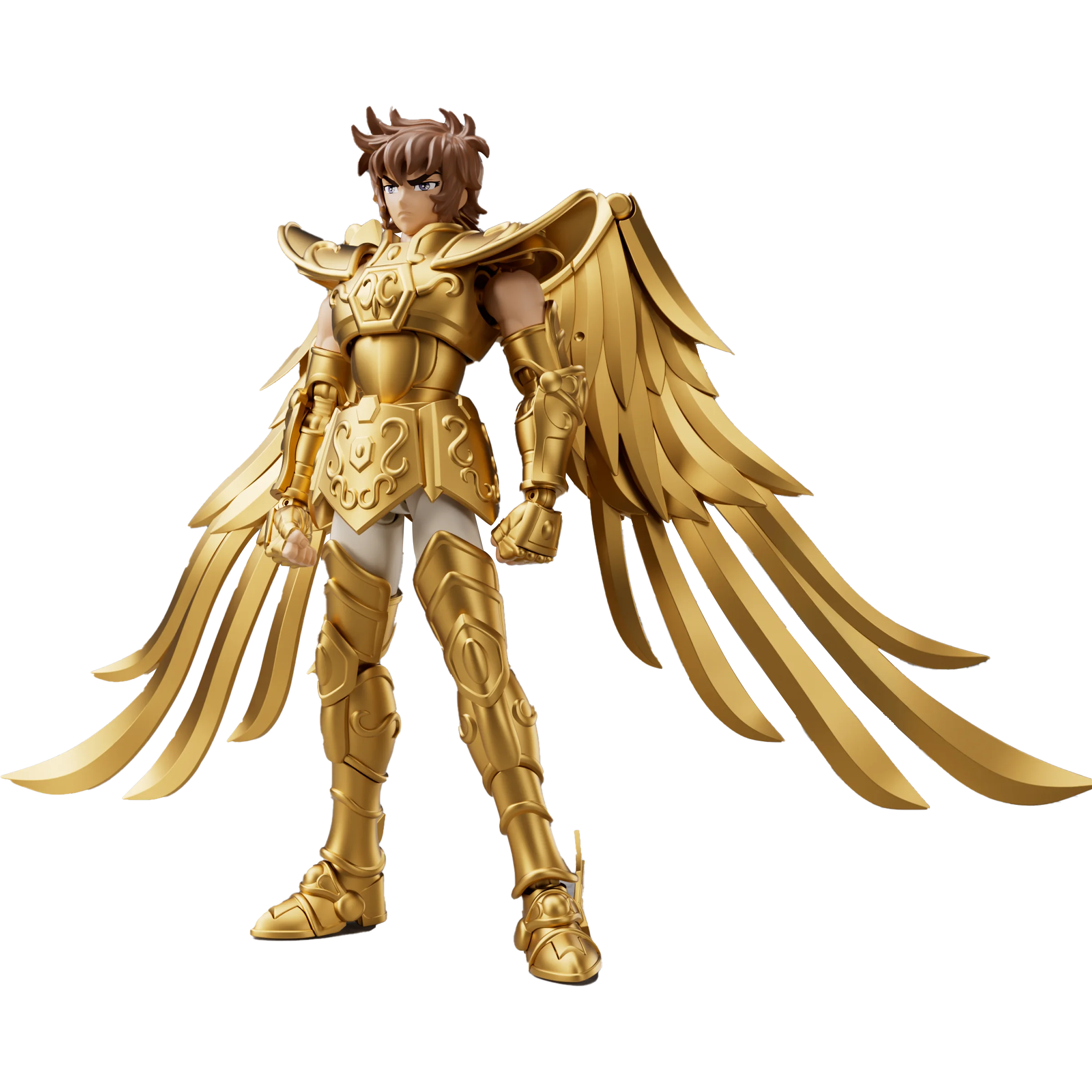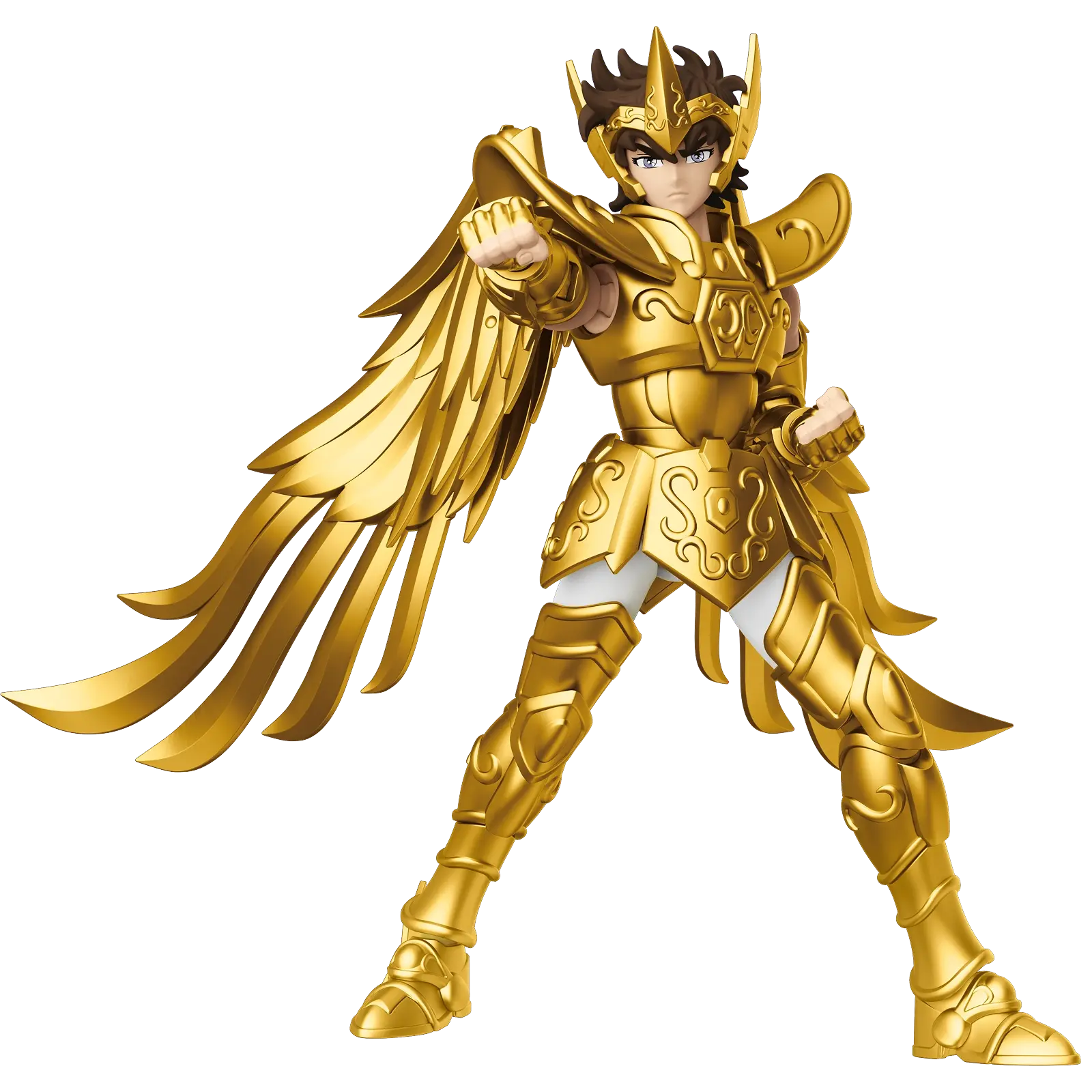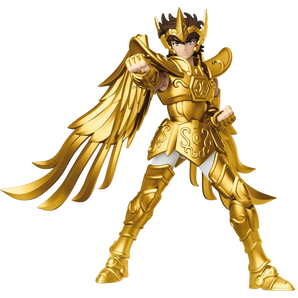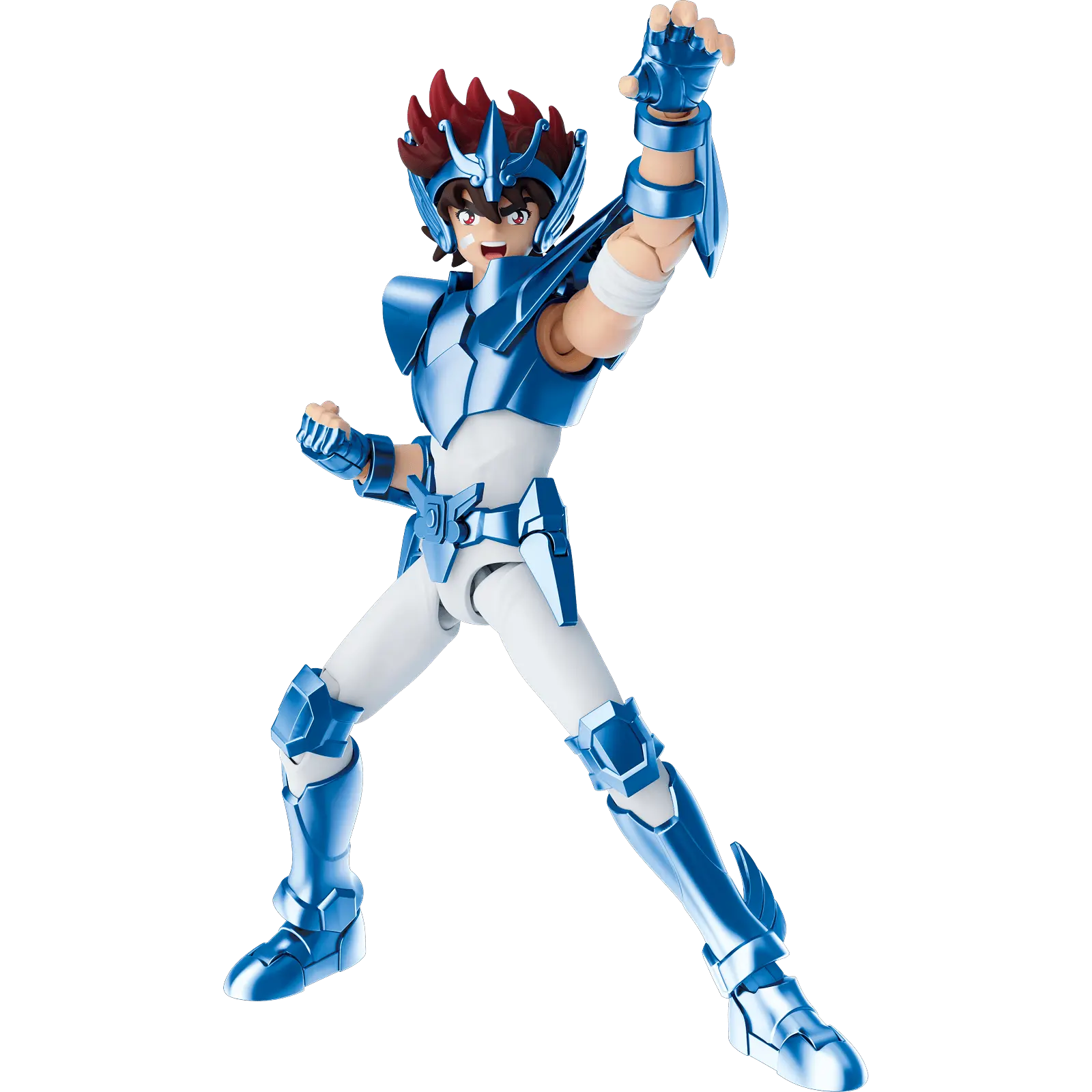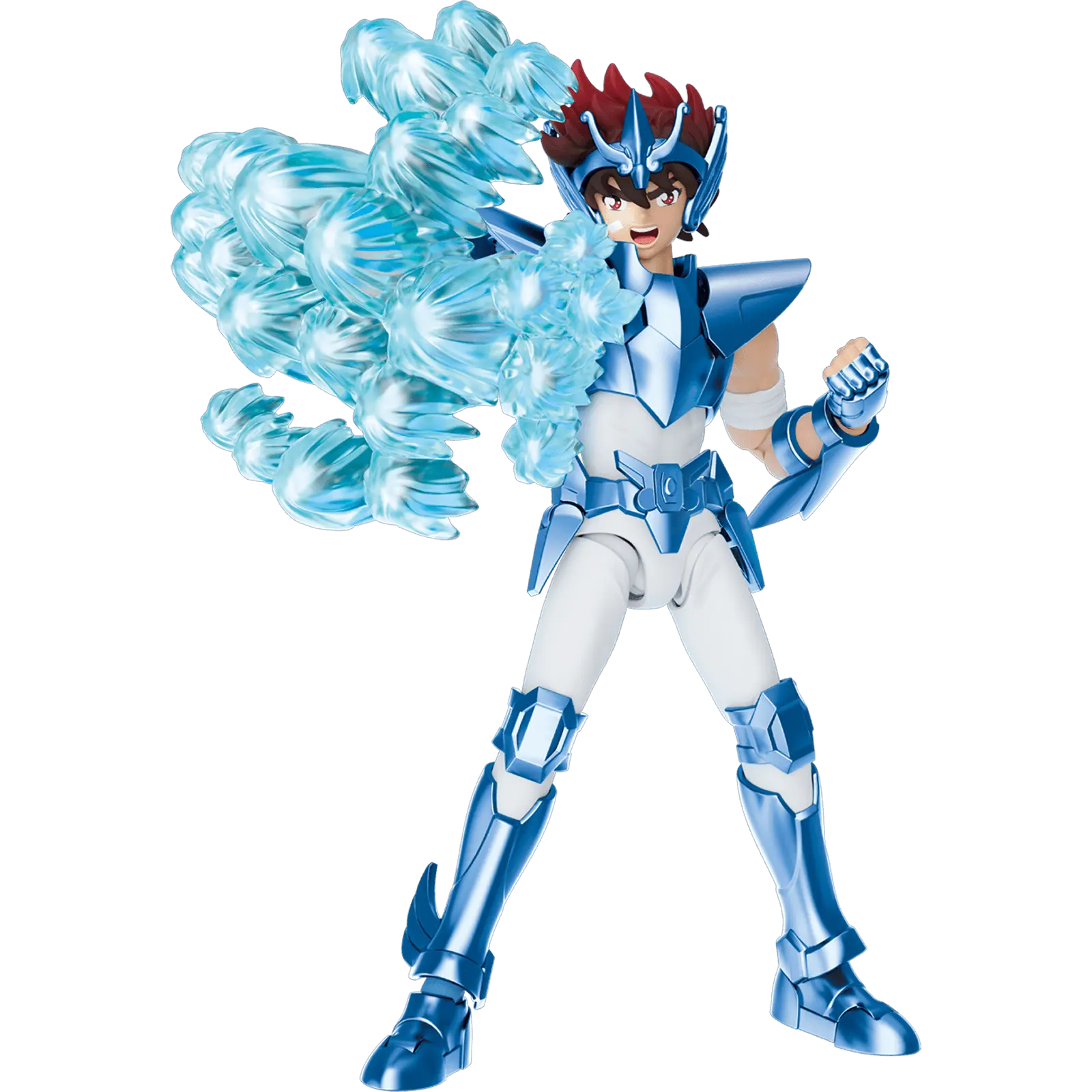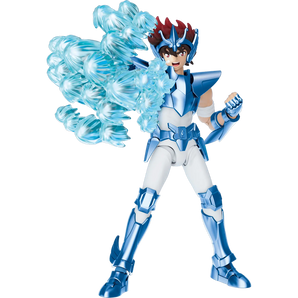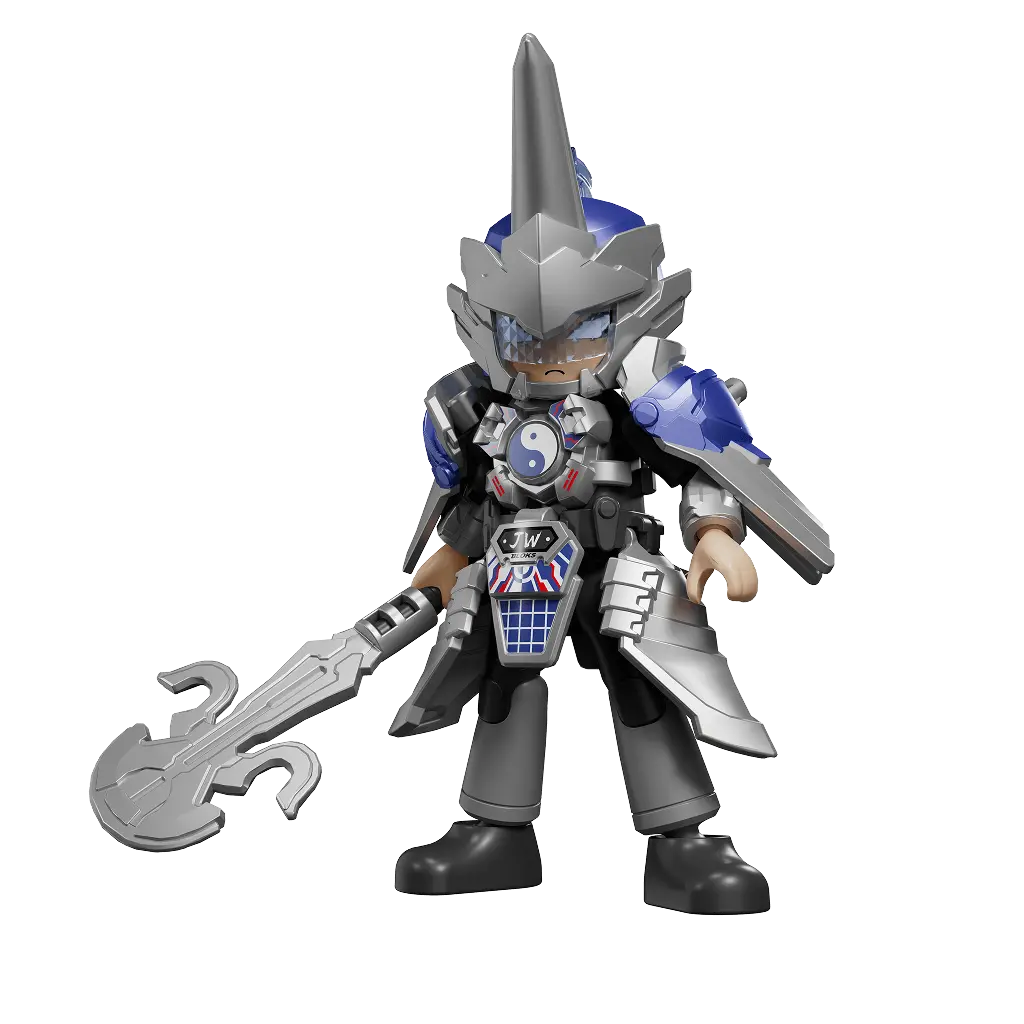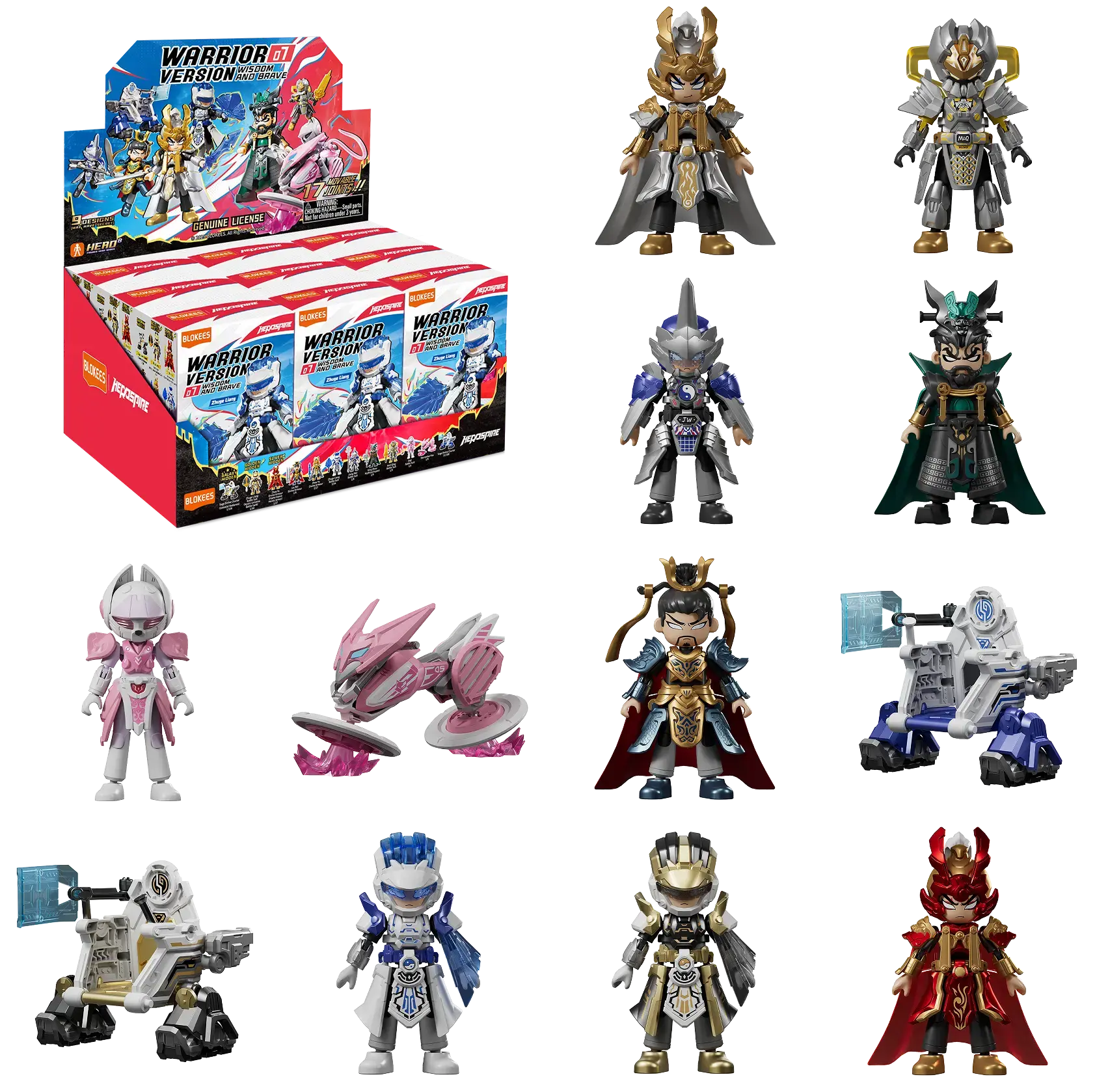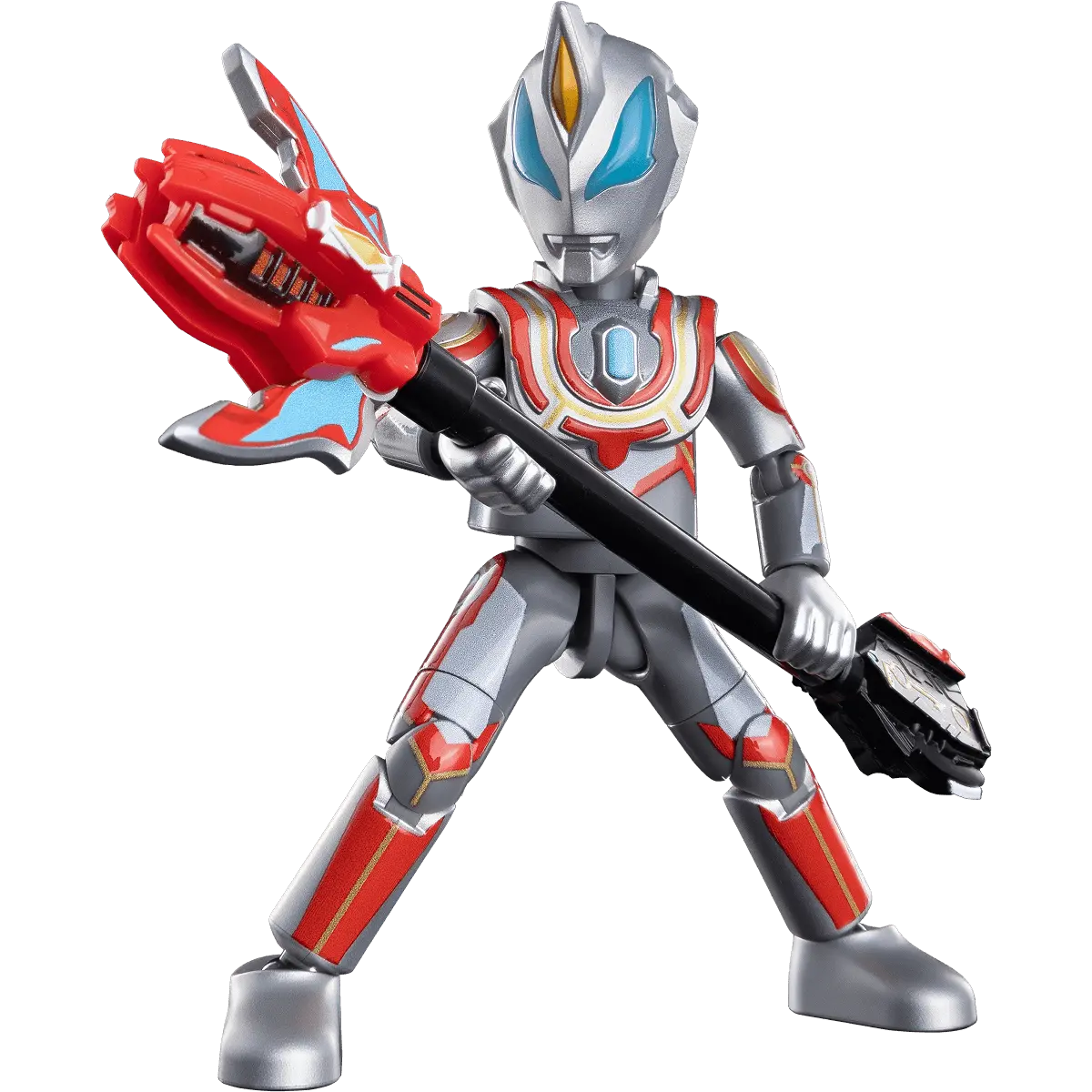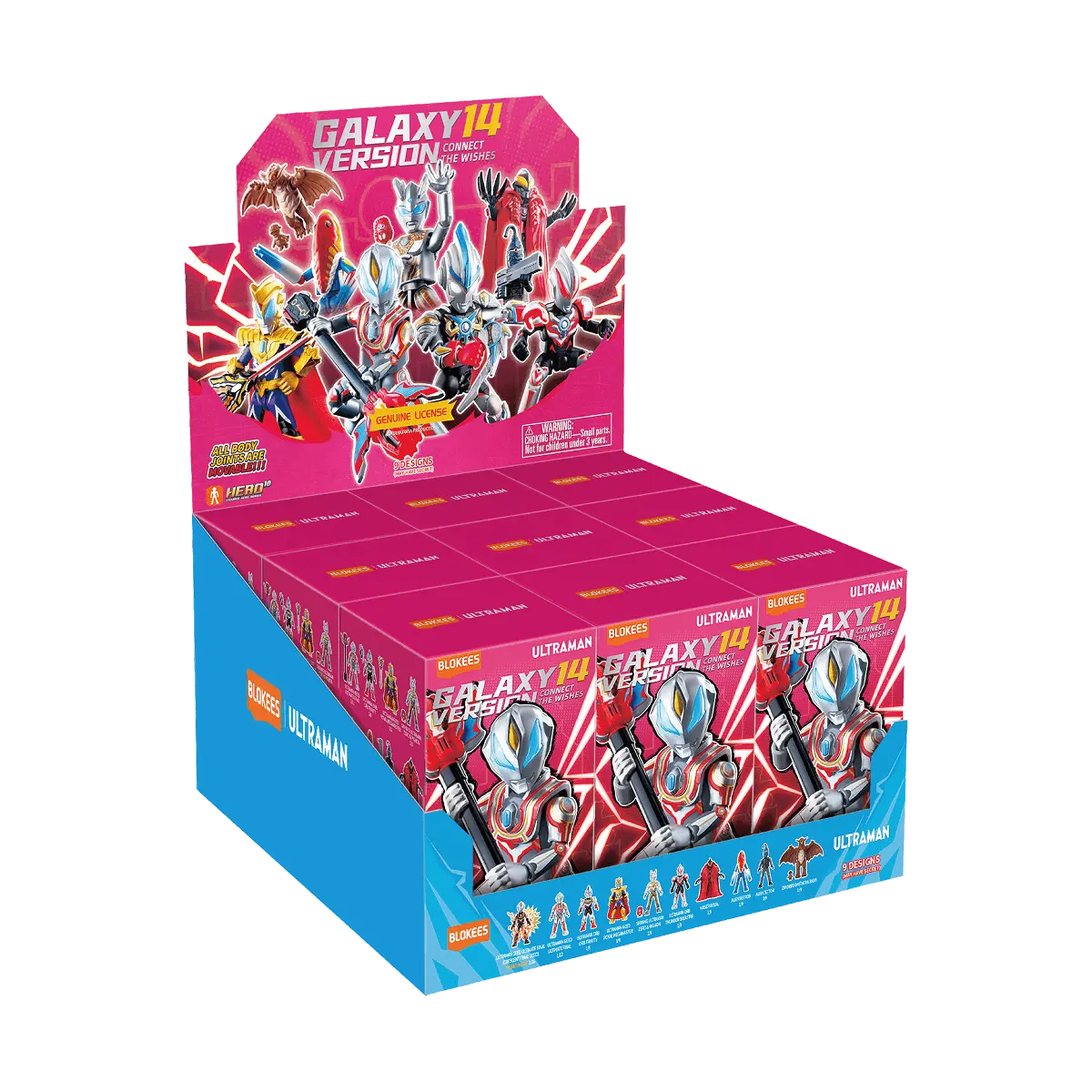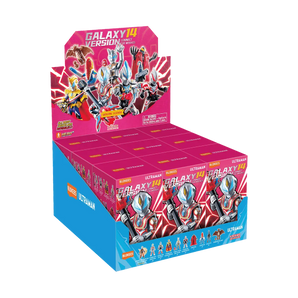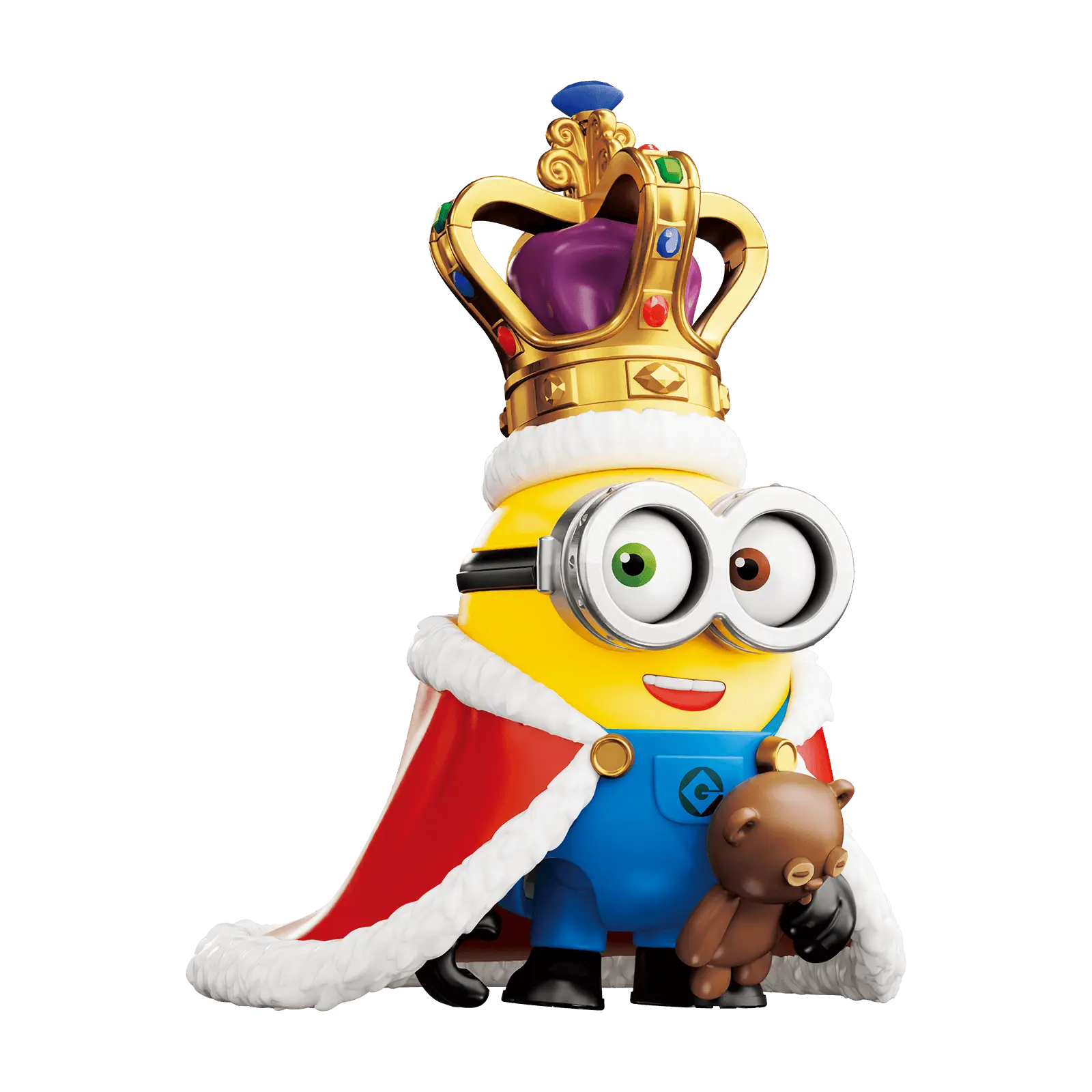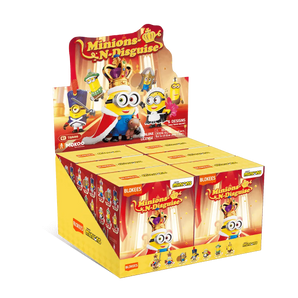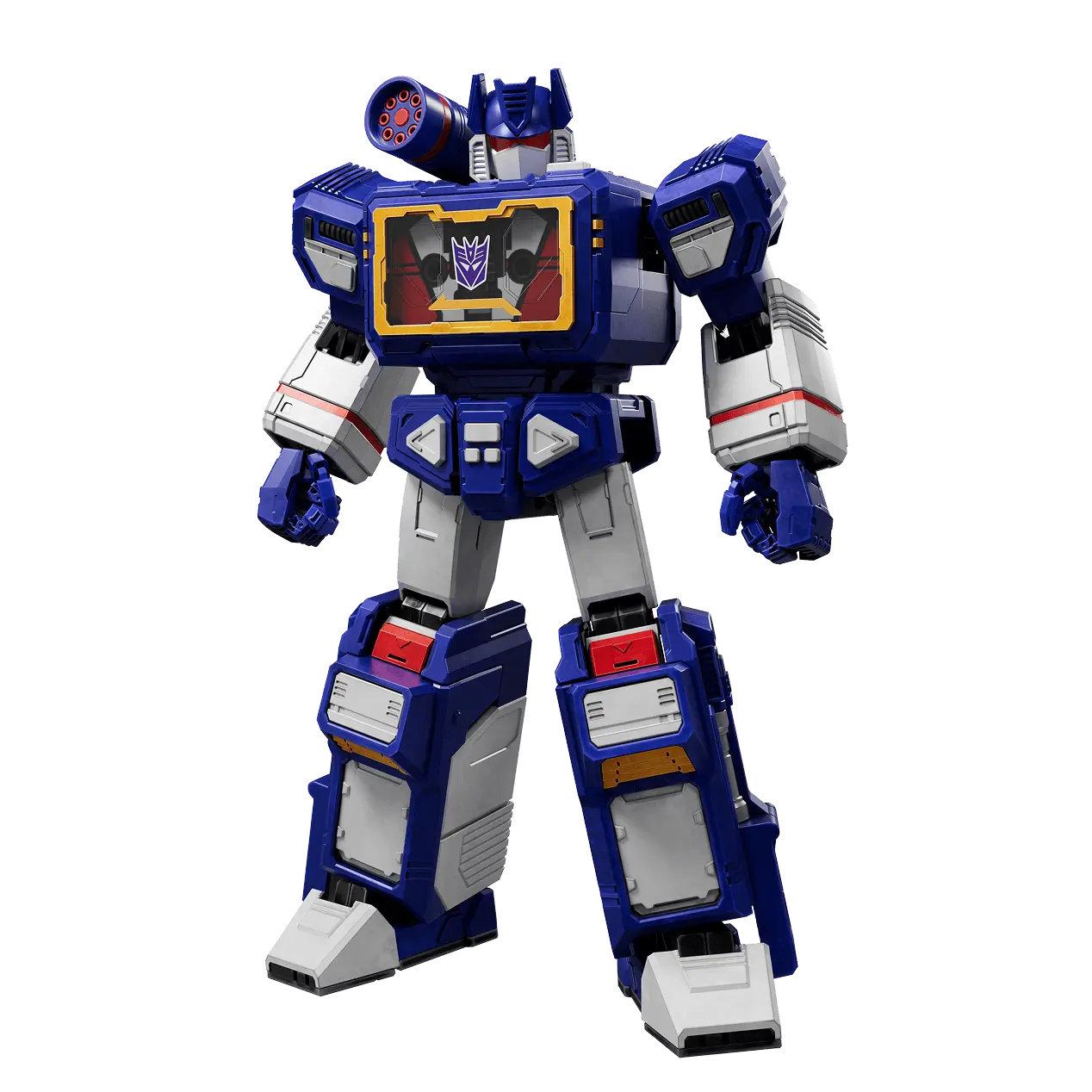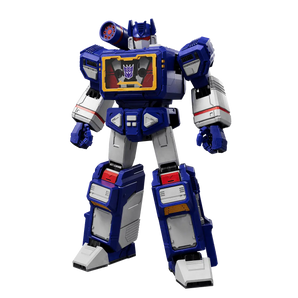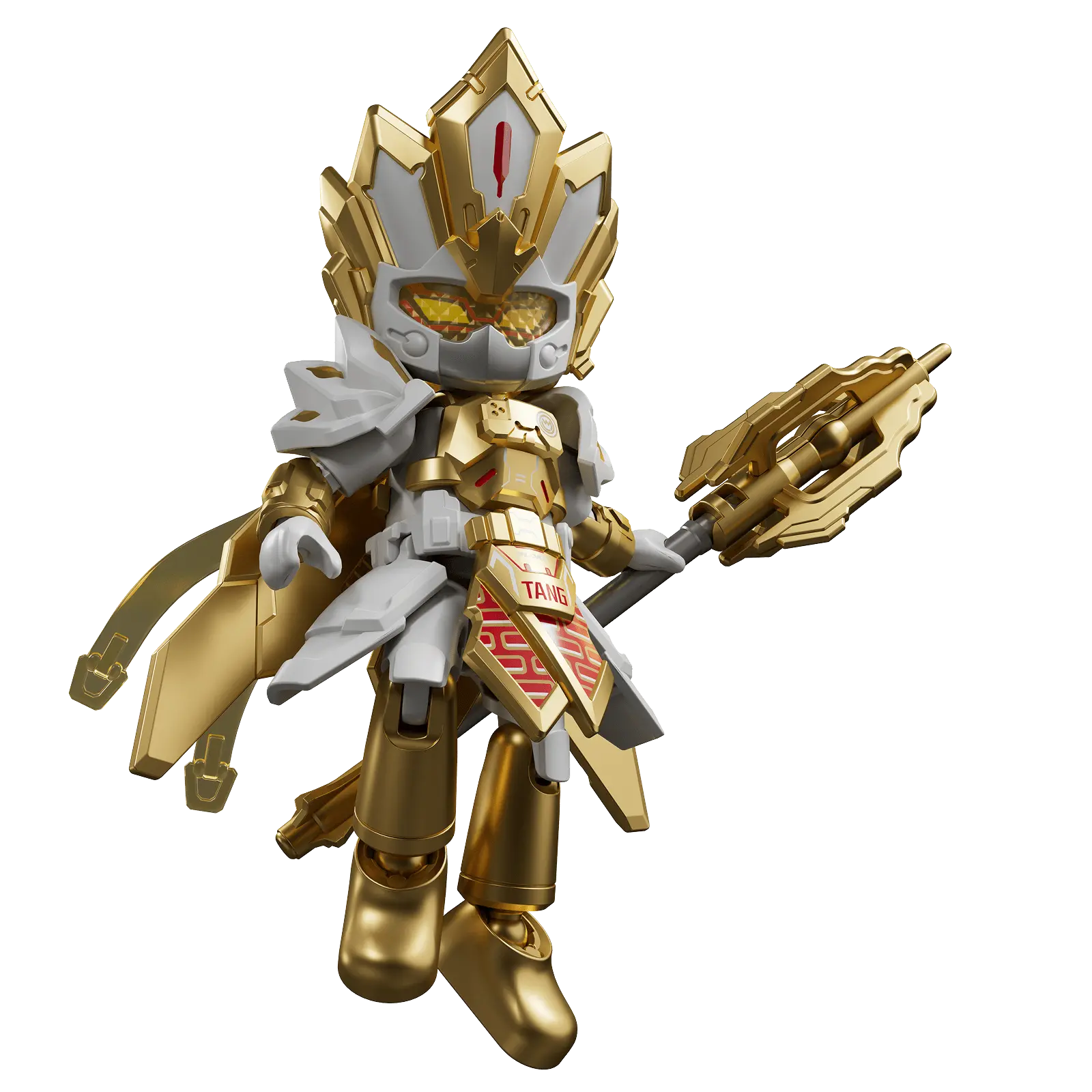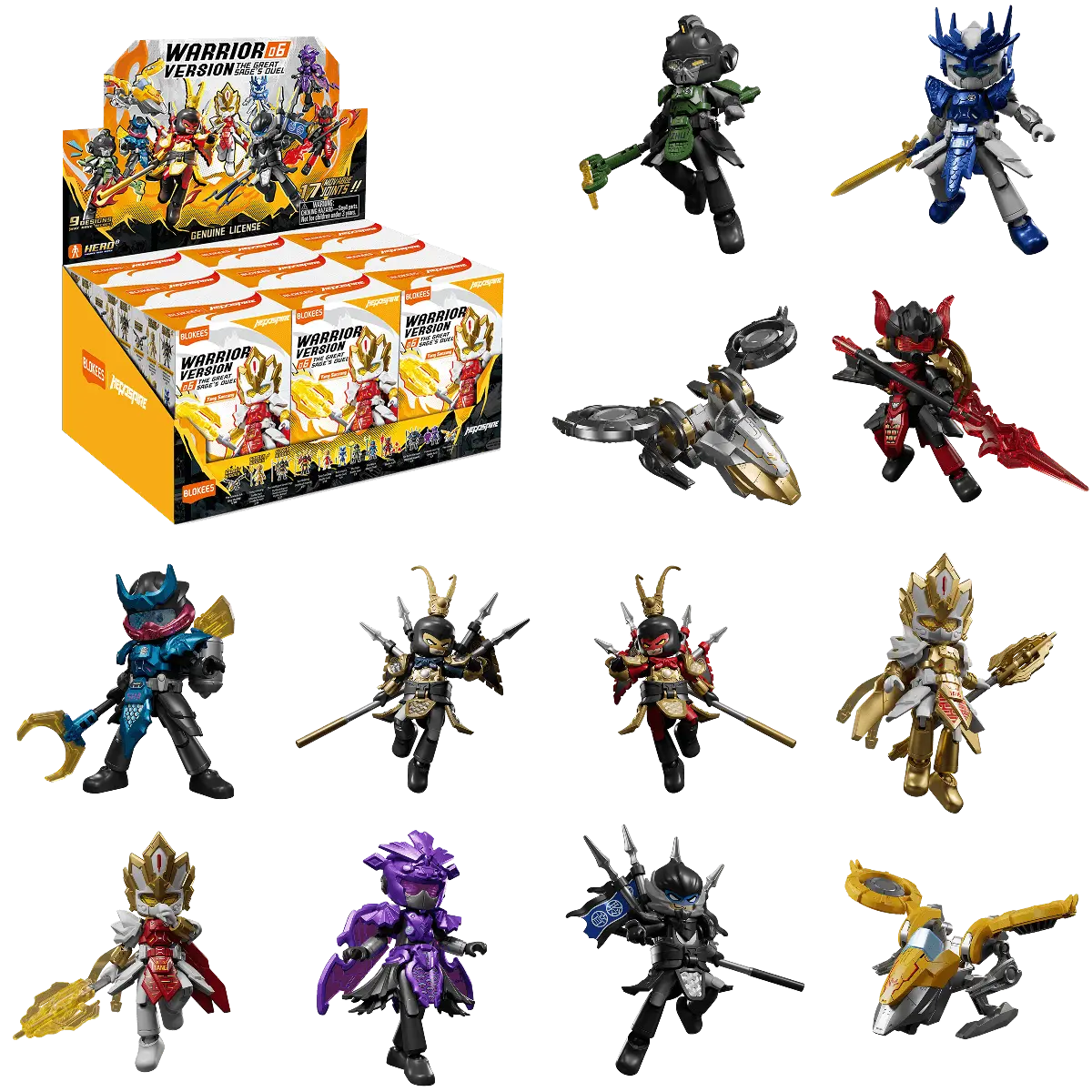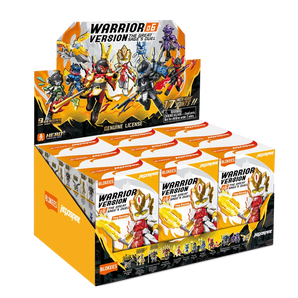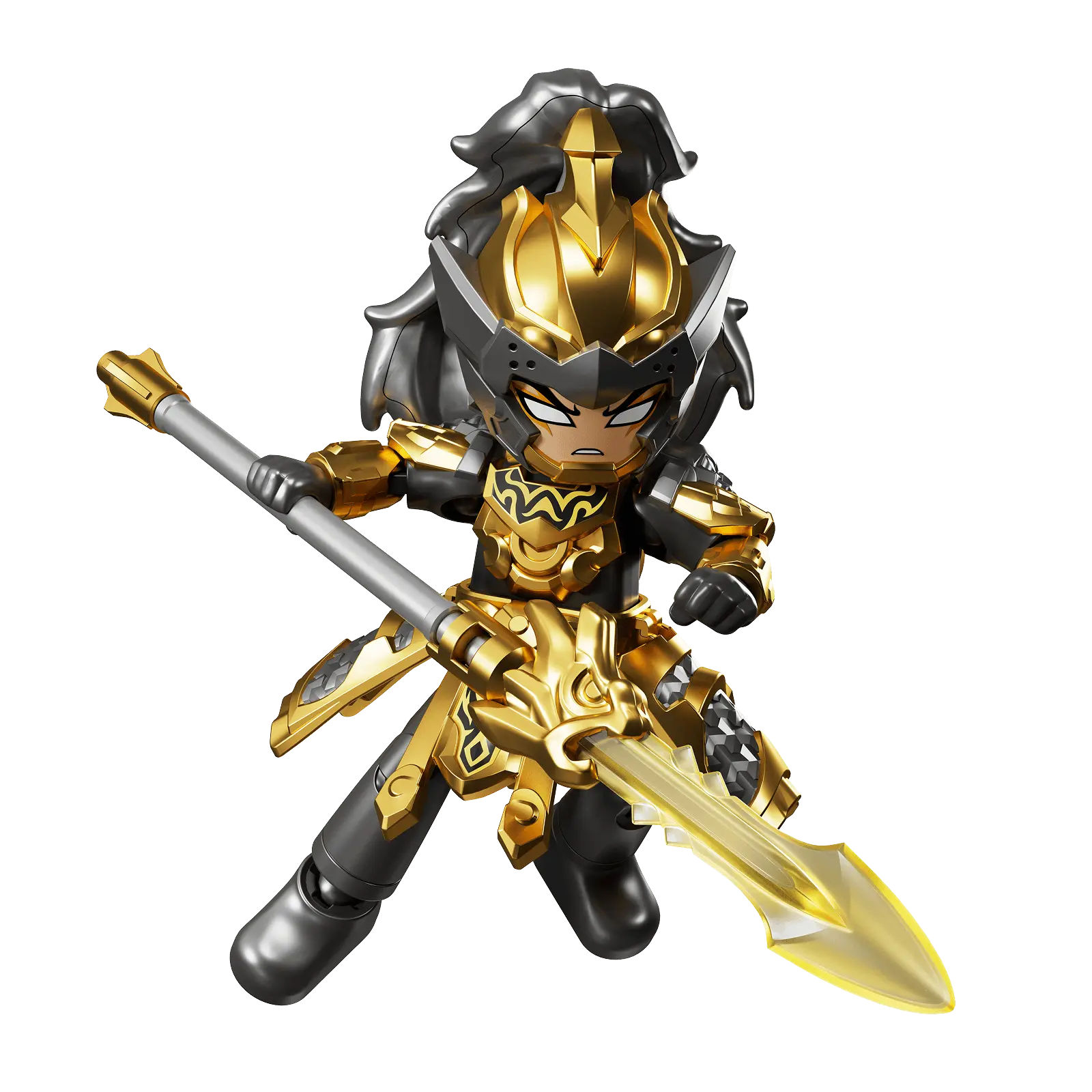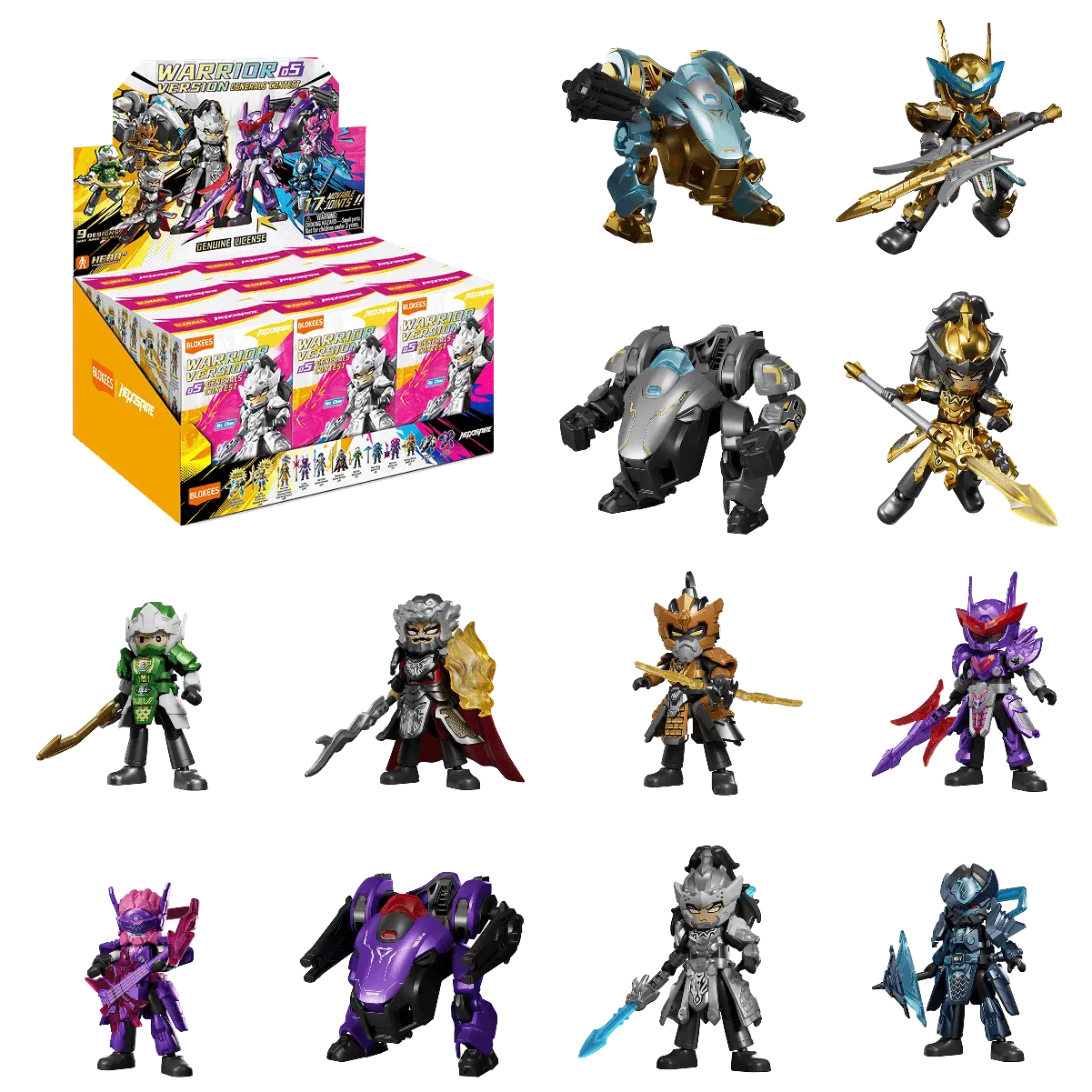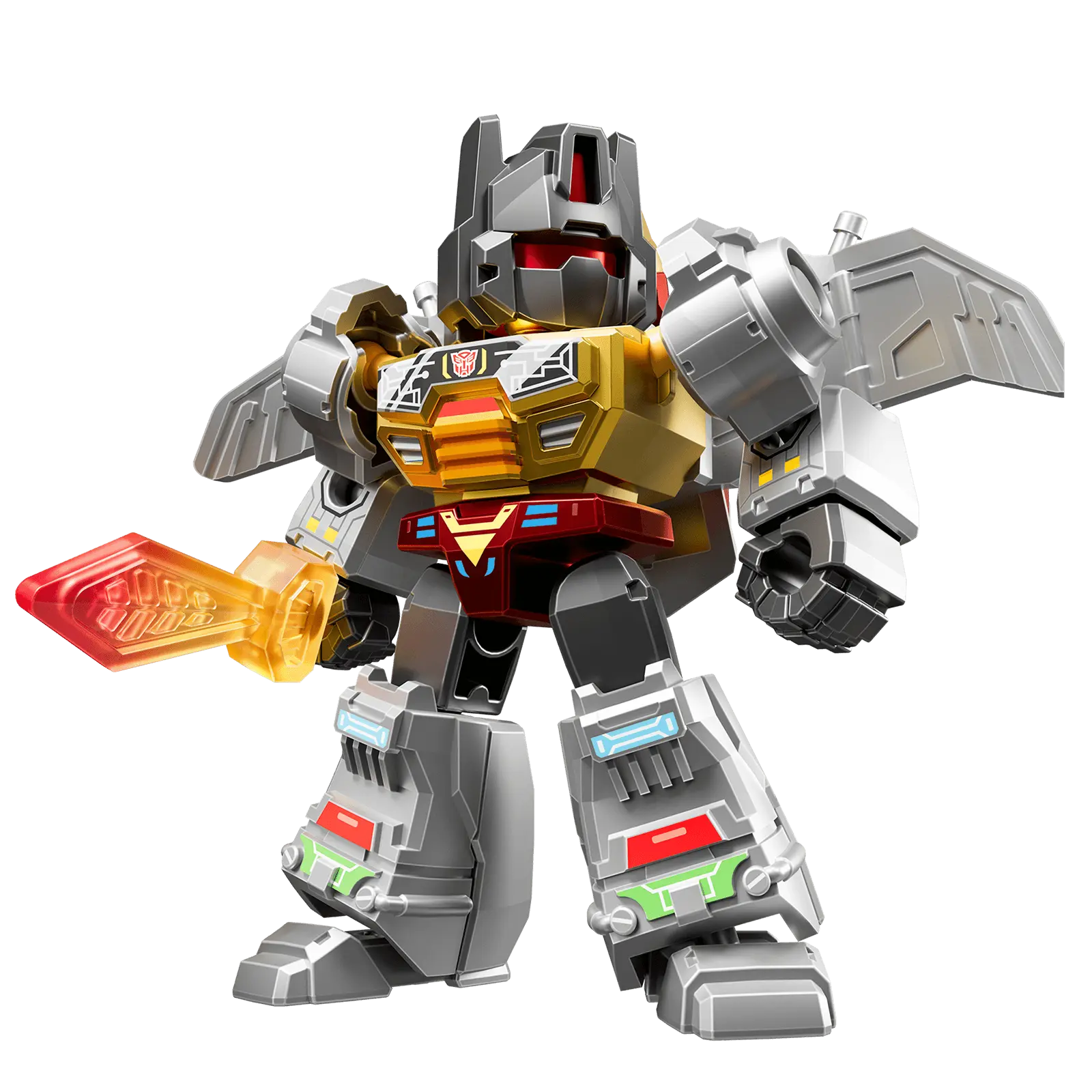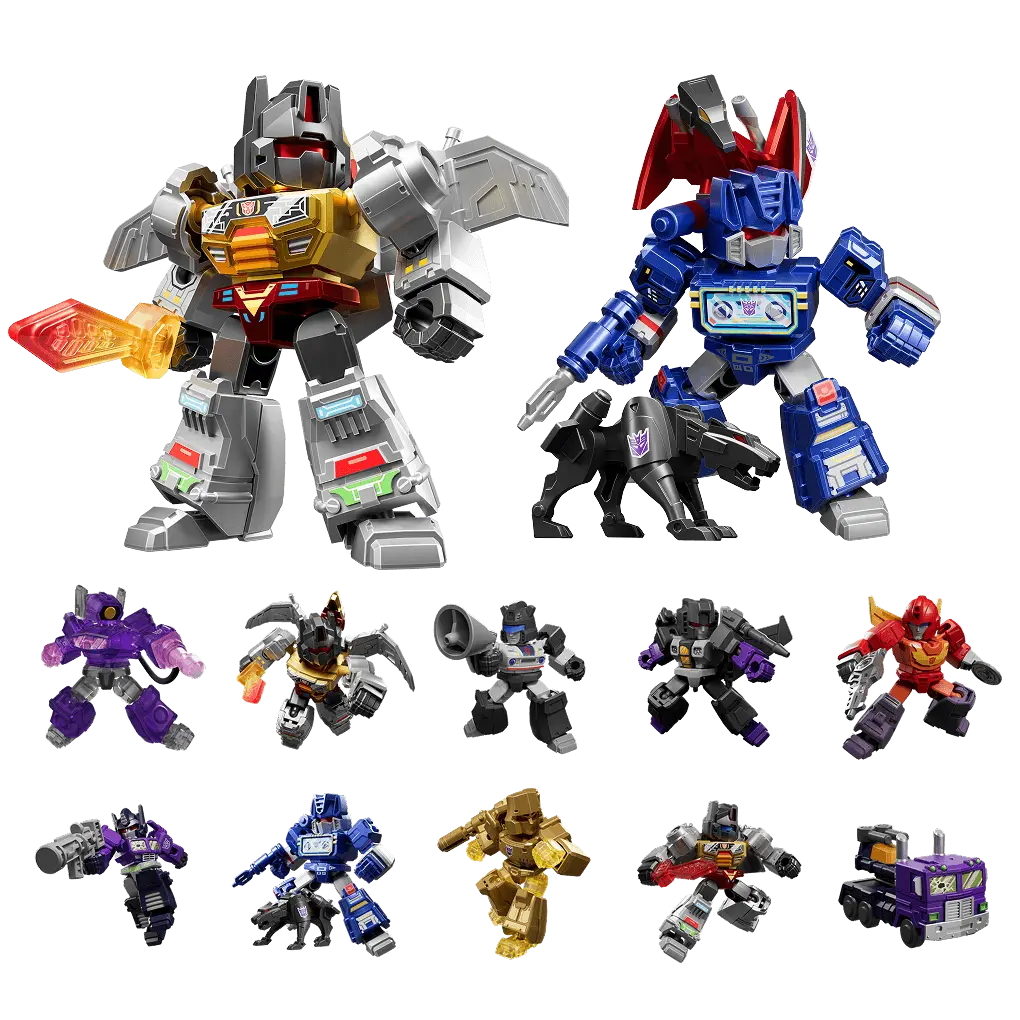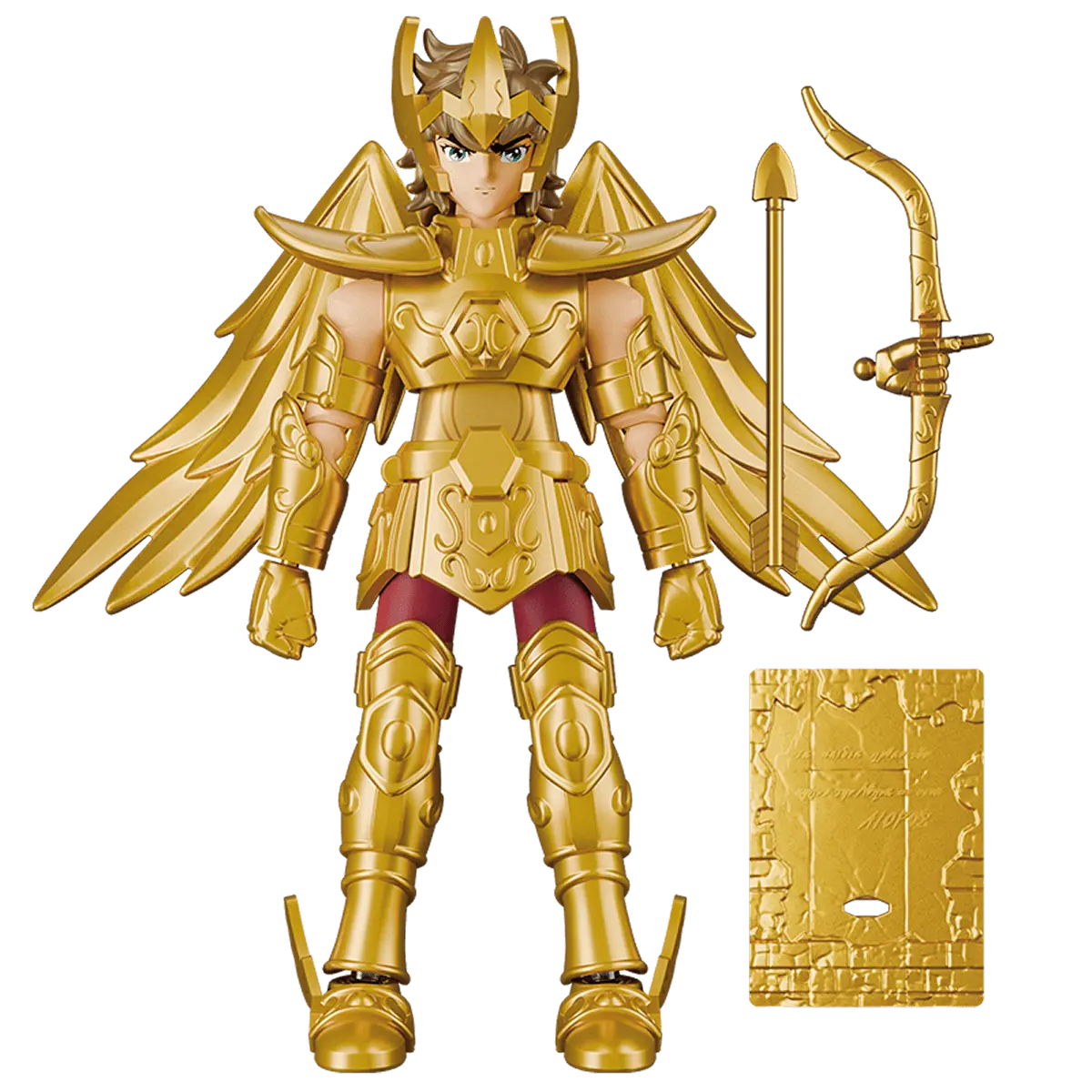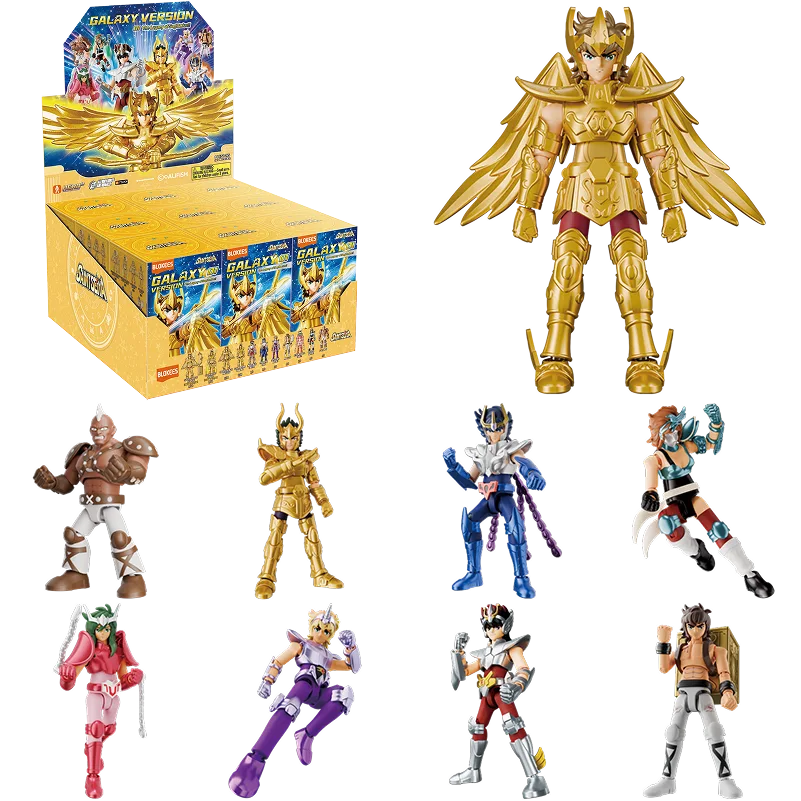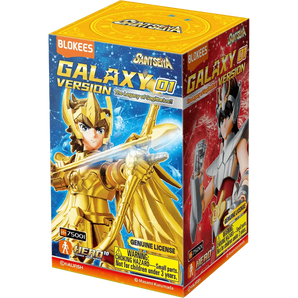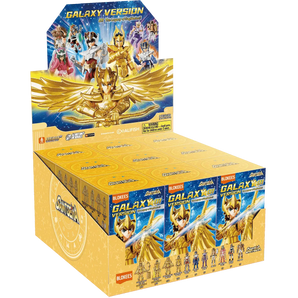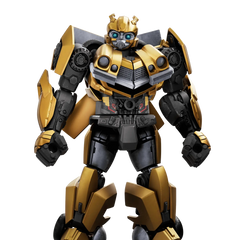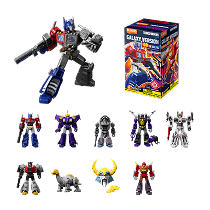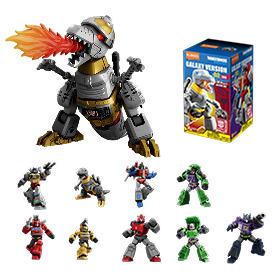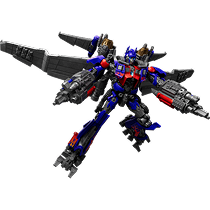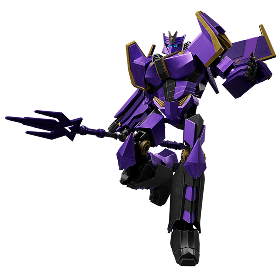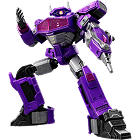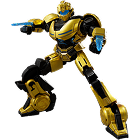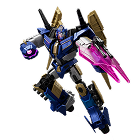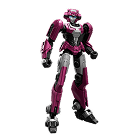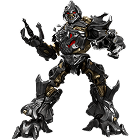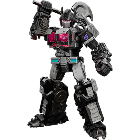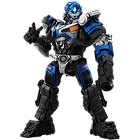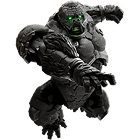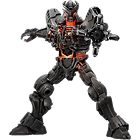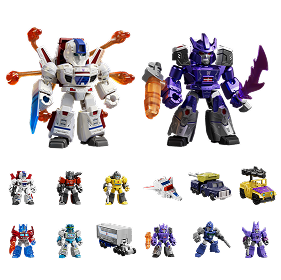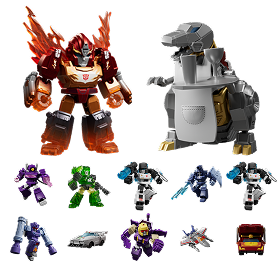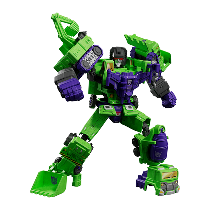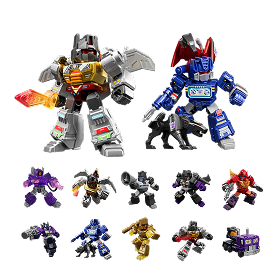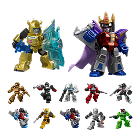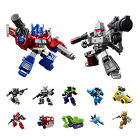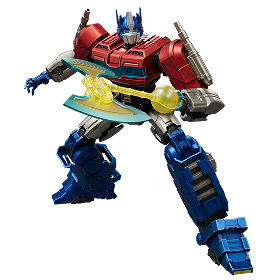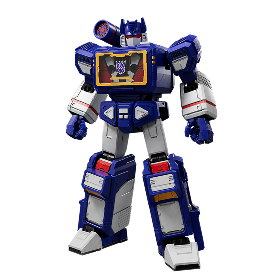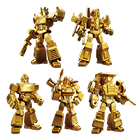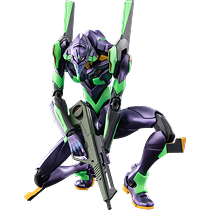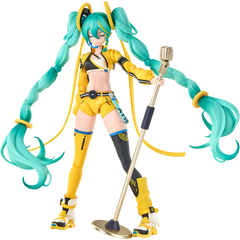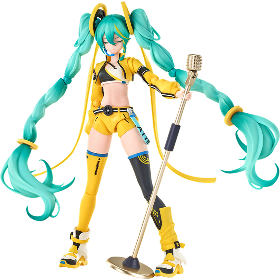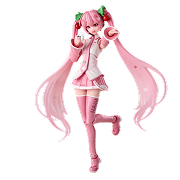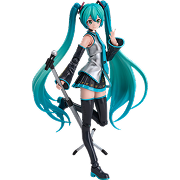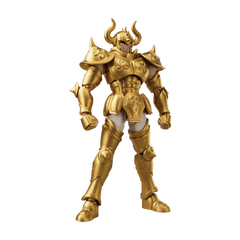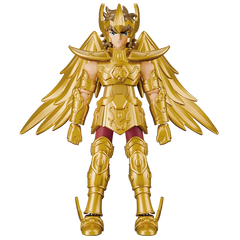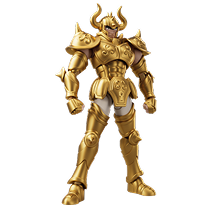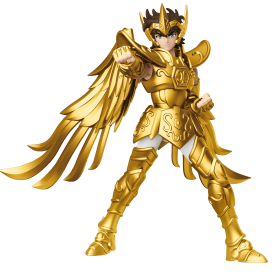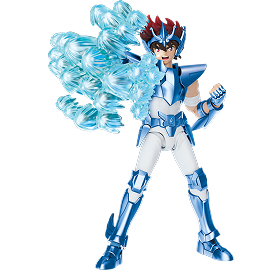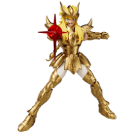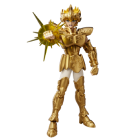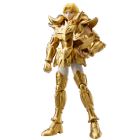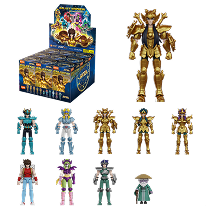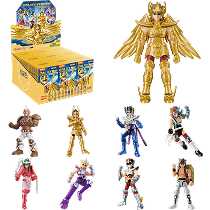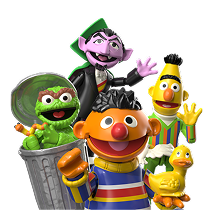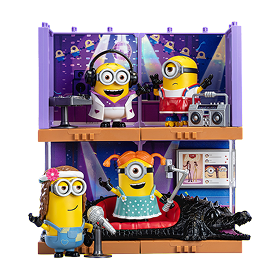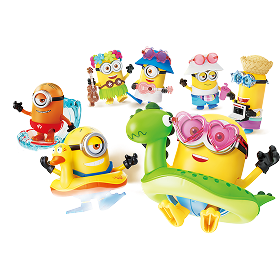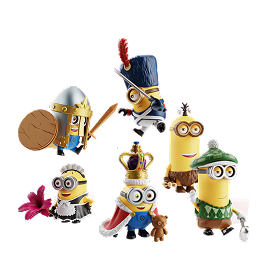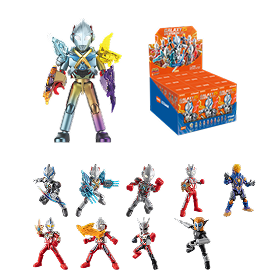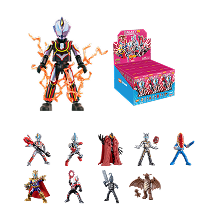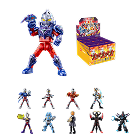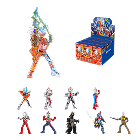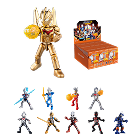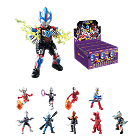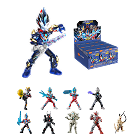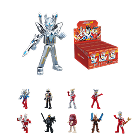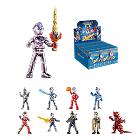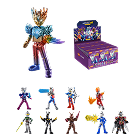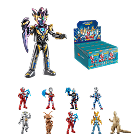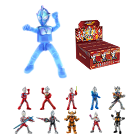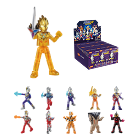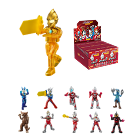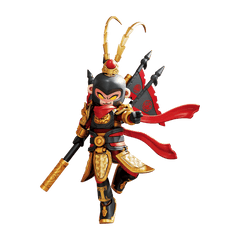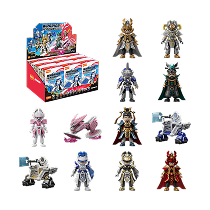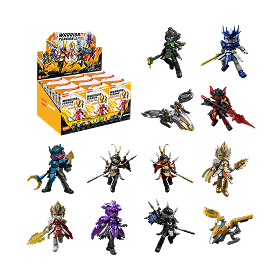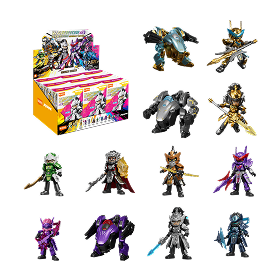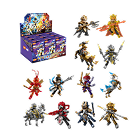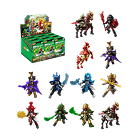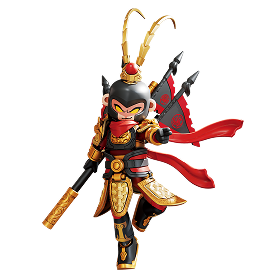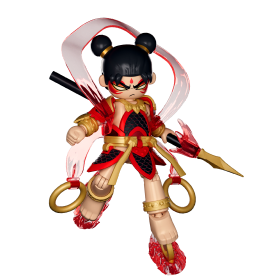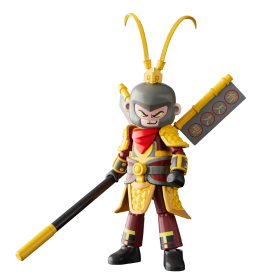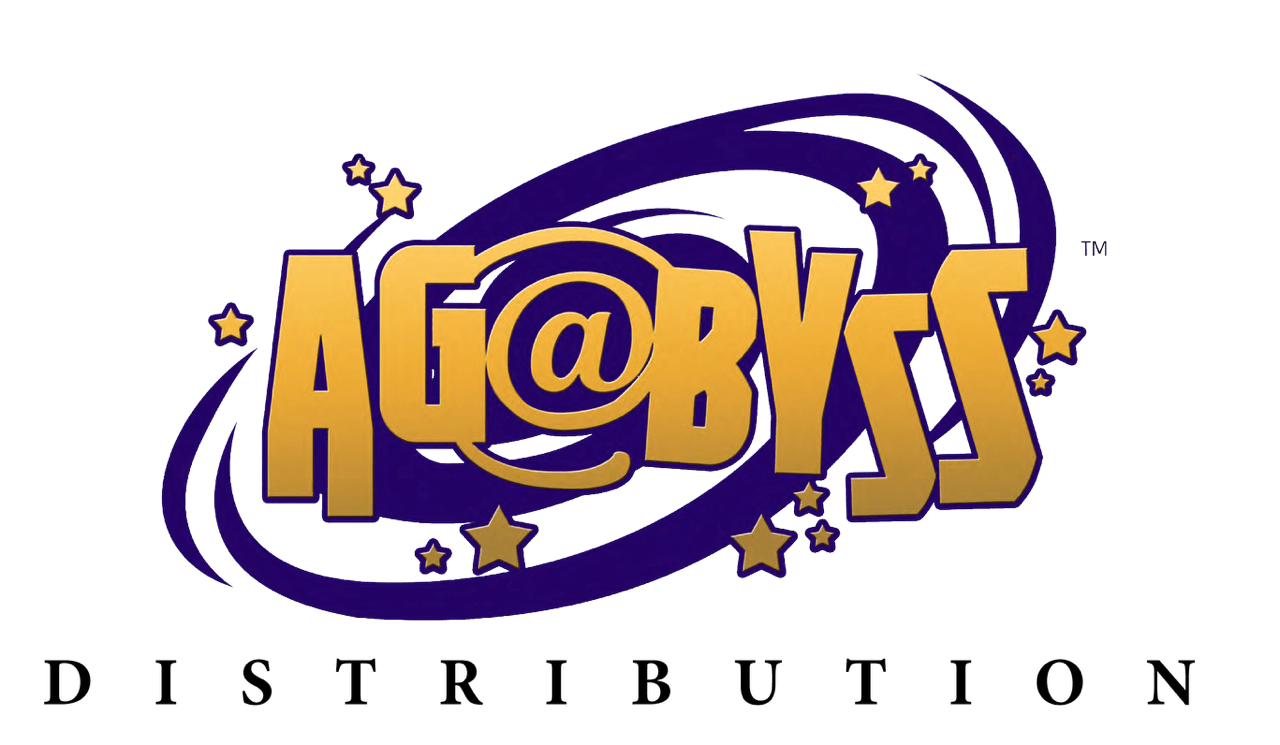Since its 1995 debut, Neon Genesis Evangelion has become one of the most influential—and emotionally intense—anime ever created. Many first-time viewers wonder, “Is Evangelion dark?” or “Why does it feel so heavy compared to other mecha series?”
The answer lies in its psychological storytelling, existential themes, and unfiltered look at human emotion. While it features giant bio-mechanical robots fighting cosmic beings, its real battle happens inside the human mind.
What Makes Evangelion So Dark?
Evangelion’s darkness isn’t only about violence or tragedy—it’s about human vulnerability. The show explores deep mental struggles rarely seen in mainstream anime.
Key reasons Evangelion feels dark:
- Focus on mental illness and depression
- Existential and religious symbolism
- Themes of loneliness and rejection
- Disturbing visuals representing emotional pain
- Complex, morally ambiguous characters
The Psychological Core of Evangelion

Unlike typical action anime, Evangelion’s creator, Hideaki Anno, built the story around psychological realism. After battling his own depression, he infused the series with raw emotional truth.
- Characters suffer from anxiety, self-doubt, and fear of connection.
- The EVA pilots are teenagers carrying impossible burdens.
- The story mirrors real-world emotional trauma, making viewers confront uncomfortable truths.
Table: How Evangelion’s Themes Create Its Dark Tone
|
Element |
Description |
Emotional Effect |
|
Depression |
Central theme for multiple characters |
Creates empathy and discomfort |
|
Loneliness |
Pilots struggle to connect with others |
Enhances isolation tone |
|
Existentialism |
Questions human purpose and identity |
Adds philosophical weight |
|
Violence |
Symbolic representation of inner conflict |
Shocks and unsettles viewers |
|
Religious Imagery |
Angels, crosses, and biblical terms |
Invites mystery and reflection |
Why Is Evangelion So Dark Compared to Other Anime?
Most mecha shows focus on heroism and teamwork. Evangelion breaks that mold:
- Battles cause emotional scars, not glory.
- Humanity’s survival depends on psychological endurance, not just weapons.
- The heroes question whether life itself is worth living.
This honesty about mental suffering makes it stand apart—and often more disturbing—than other anime.
Is Evangelion a Dark Anime or a Psychological Drama?

Technically, Neon Genesis Evangelion is a sci-fi mecha anime, but thematically, it’s a psychological drama. Its darkness doesn’t stem only from violence; it comes from emotional truth.
Examples:
- Shinji’s fear of rejection mirrors real social anxiety.
- Asuka’s need for validation hides deep self-loathing.
- Rei’s quiet detachment symbolizes loss of identity.
These elements create a dark mirror to the human condition, rather than a simple robot war story.
The Role of Symbolism in Evangelion’s Darkness
Evangelion uses rich symbolism to communicate its tone:
- Crosses and Angels → Represent humanity’s failed search for salvation.
- LCL Fluid → Symbolizes the womb, comfort, and regression.
- Evas and Angels → Reflect inner battles between logic and emotion.
This religious and psychological layering deepens its dark atmosphere, inviting endless analysis.
How Dark Is Neon Genesis Evangelion Compared to Modern Anime?

Modern dark anime like Attack on Titan or Death Note emphasize external conflict and moral dilemmas. Evangelion, however, focuses inward.
|
Anime |
Type of Darkness |
Emotional Focus |
|
Evangelion |
Psychological, existential |
Fear of self and rejection |
|
Attack on Titan |
Survival, moral despair |
Fear of extinction |
|
Death Note |
Ethical corruption |
Fear of justice and guilt |
Thus, Evangelion remains darker emotionally, even if not always visually.
The Dark Ending: What Makes It So Controversial
The original series ending (Episodes 25–26) shocked viewers with abstract visuals and philosophical dialogue instead of clear answers.
Key reasons for controversy:
- It shifts focus from external war to internal consciousness.
- Shinji’s breakdown becomes a metaphor for human existence.
- It leaves audiences questioning what “reality” even means.
Later films like The End of Evangelion expanded the finale with graphic, unsettling imagery, confirming the series’ reputation as one of anime’s darkest masterpieces.
Emotional Themes That Define Its Darkness
Evangelion examines universal fears:
- Abandonment: Every major character experiences loss.
- Identity: “Who am I without others?” is asked repeatedly.
- Isolation: Despite advanced technology, nobody truly connects.
- Self-destruction: Humanity’s greatest threat is itself.
These topics resonate globally, making Evangelion timelessly dark.
How Darkness Enhances Evangelion’s Artistry

The show’s darkness isn’t just for shock—it drives creative storytelling:
- Minimalist animation in later episodes mirrors emotional emptiness.
- Surreal visuals turn trauma into art.
- Silence and repetition build tension and reflection.
This artistic risk made Evangelion a foundation for modern psychological anime.
The Merchandise Side: Eva-01 Model Kits and Dark Design
Even its collectibles reflect this tone. The Eva-01 model kit, with purple armor and glowing eyes, captures both beauty and menace.
Collectors appreciate the contrast of light and dark, symbolic of the show’s internal struggle.
You can explore official merchandise in the Evangelion Toys Collection and Evangelion Action Edition.
Frequently Asked Questions
Is Evangelion a dark anime?
Yes. Evangelion is one of the darkest anime due to its themes of depression, loneliness, and existential dread, combined with complex symbolism and psychological realism.
Why is Evangelion so dark?
Because creator Hideaki Anno used the series to explore mental illness and human fragility. The story reflects personal emotional struggles rather than fantasy heroism.
How dark is Neon Genesis Evangelion compared to other shows?
Emotionally, it’s darker than most action anime. It doesn’t glorify battle; instead, it exposes how fear and trauma shape the human soul.
Is Evangelion suitable for everyone?
Not entirely. It’s recommended for mature audiences who can handle psychological tension, emotional breakdowns, and complex storytelling.
Does the darkness serve a purpose?
Absolutely. Every disturbing moment reveals deeper truths about self-acceptance, mental health, and the need for human connection.
Conclusion
Neon Genesis Evangelion remains a masterpiece because it refuses to comfort its audience. It’s not dark for shock value—it’s dark to mirror real human emotion.
Through Shinji, Asuka, and Rei, the series teaches that facing our inner pain is the only way to find meaning. Evangelion’s darkness is ultimately transformative, showing that even in despair, understanding is possible.
So, when fans ask “Is Evangelion dark?” the real answer is:
Yes—but its darkness is what makes it profoundly human.
For collectors and longtime fans who appreciate its artistic tone, explore authentic Evangelion merchandise in the Evangelion Toys Collection or see what’s trending in the Best Sellers Collection.























